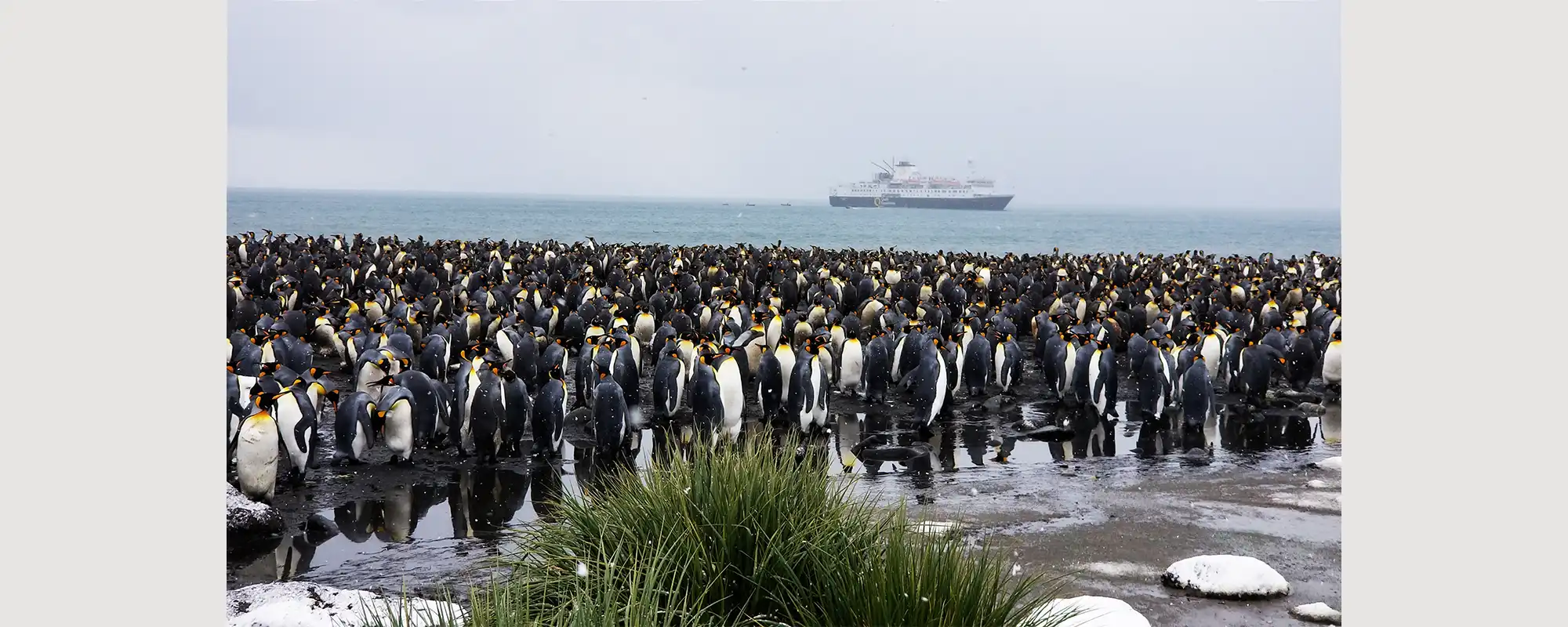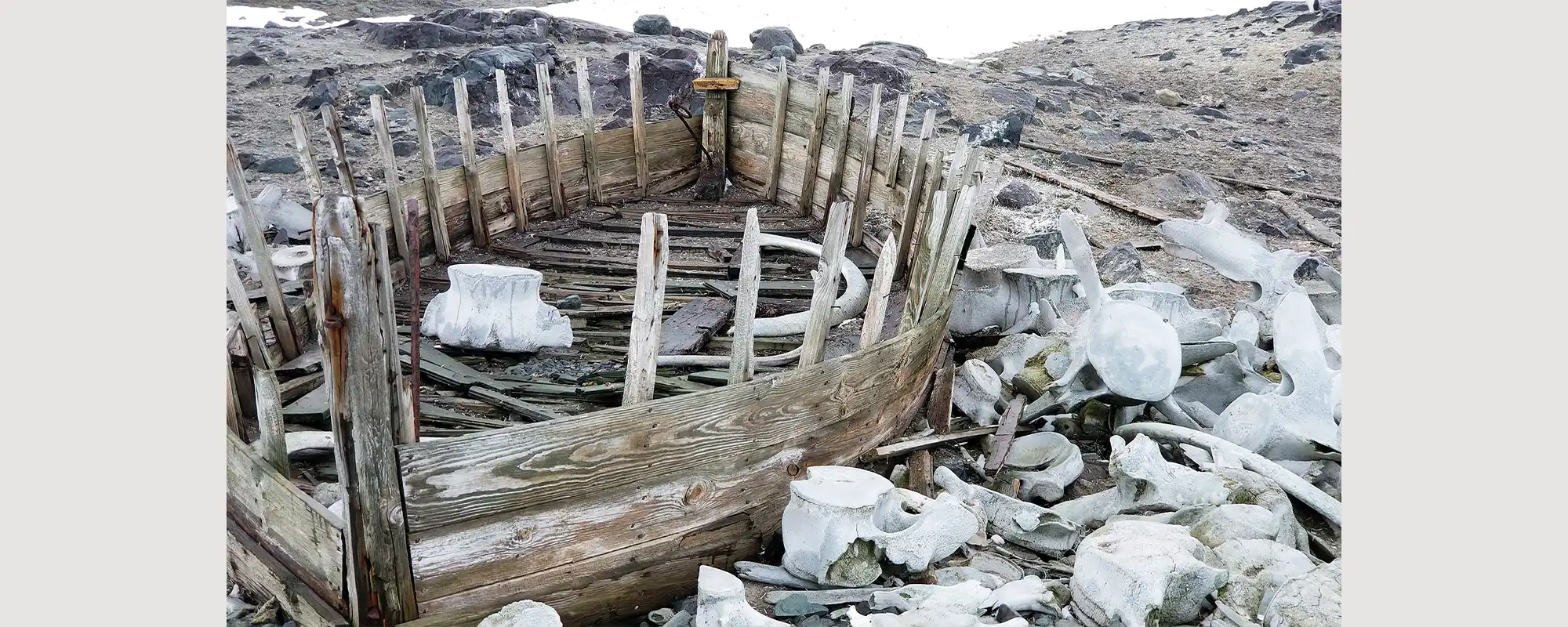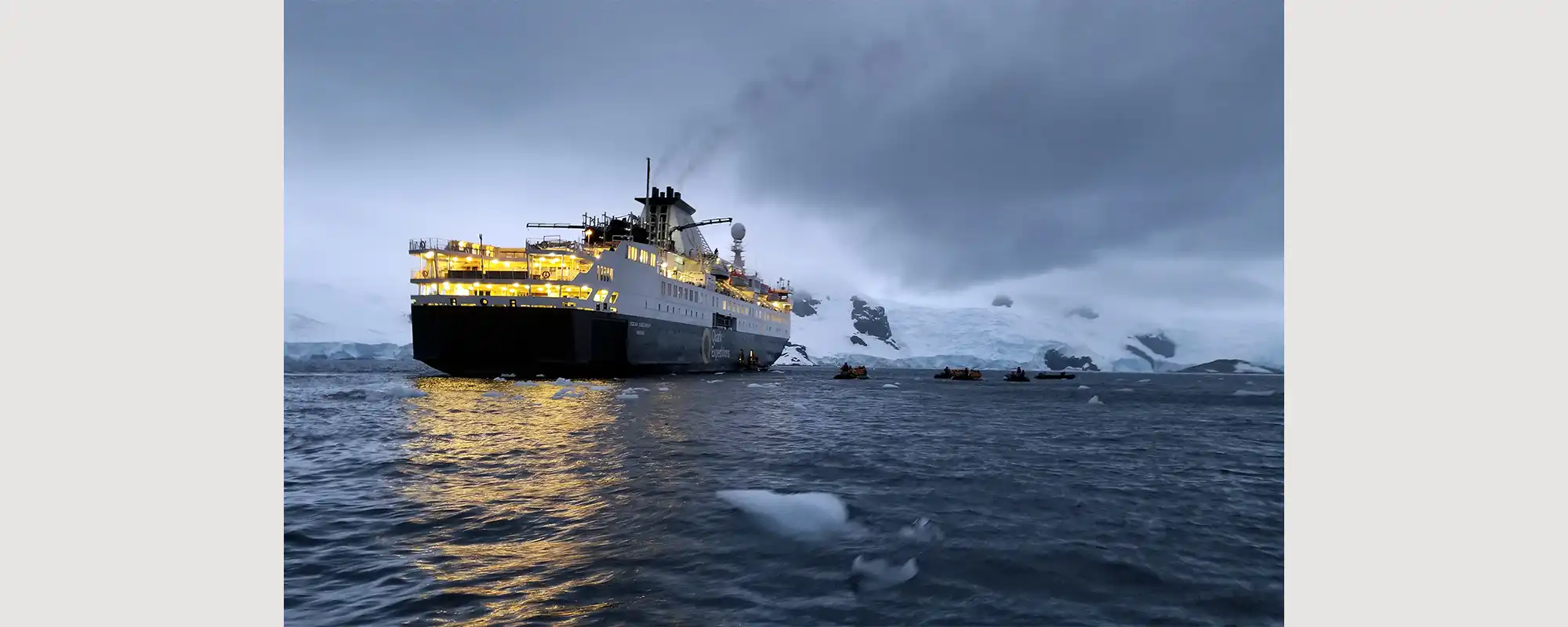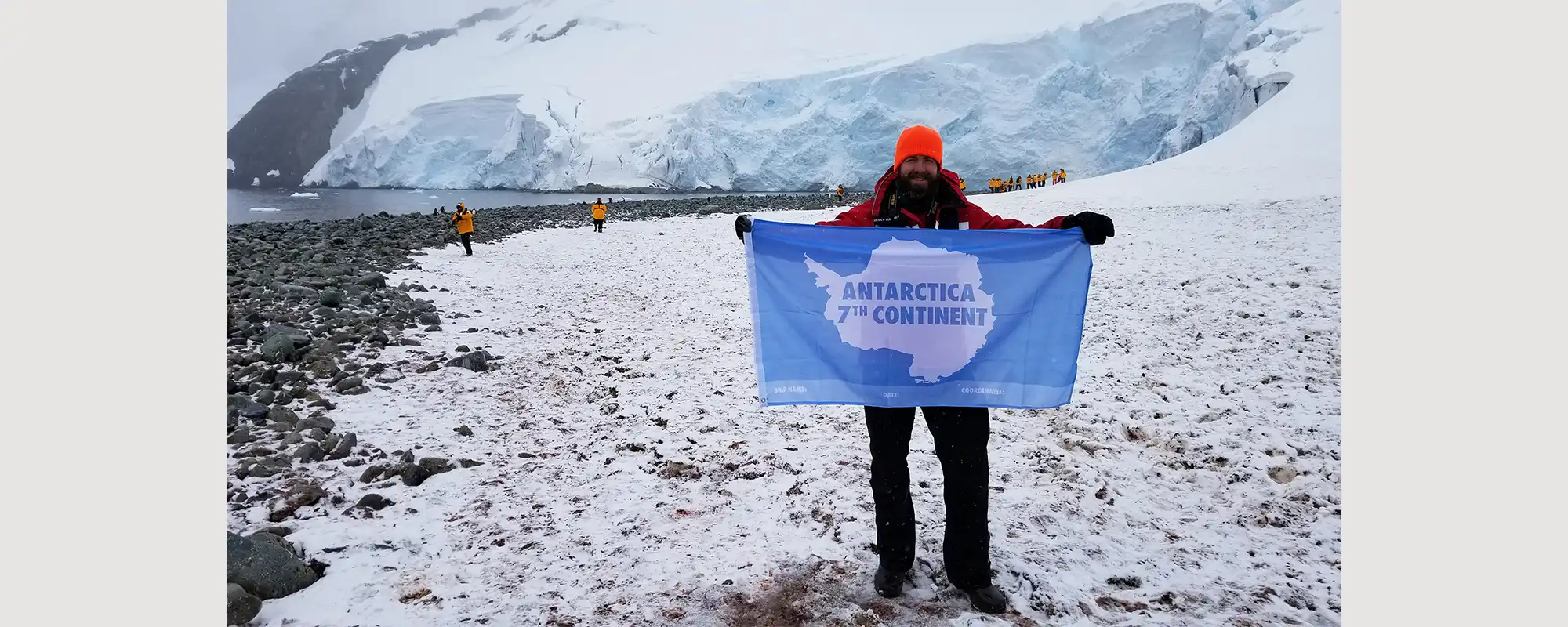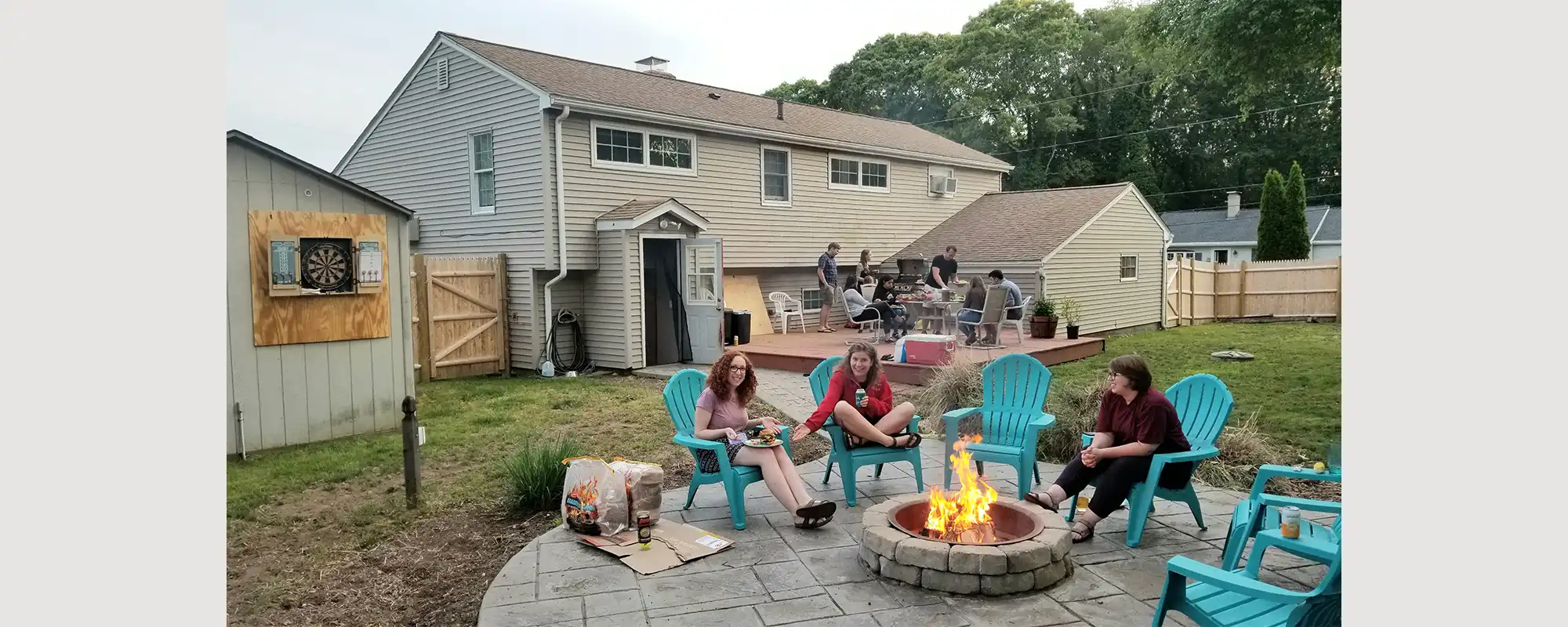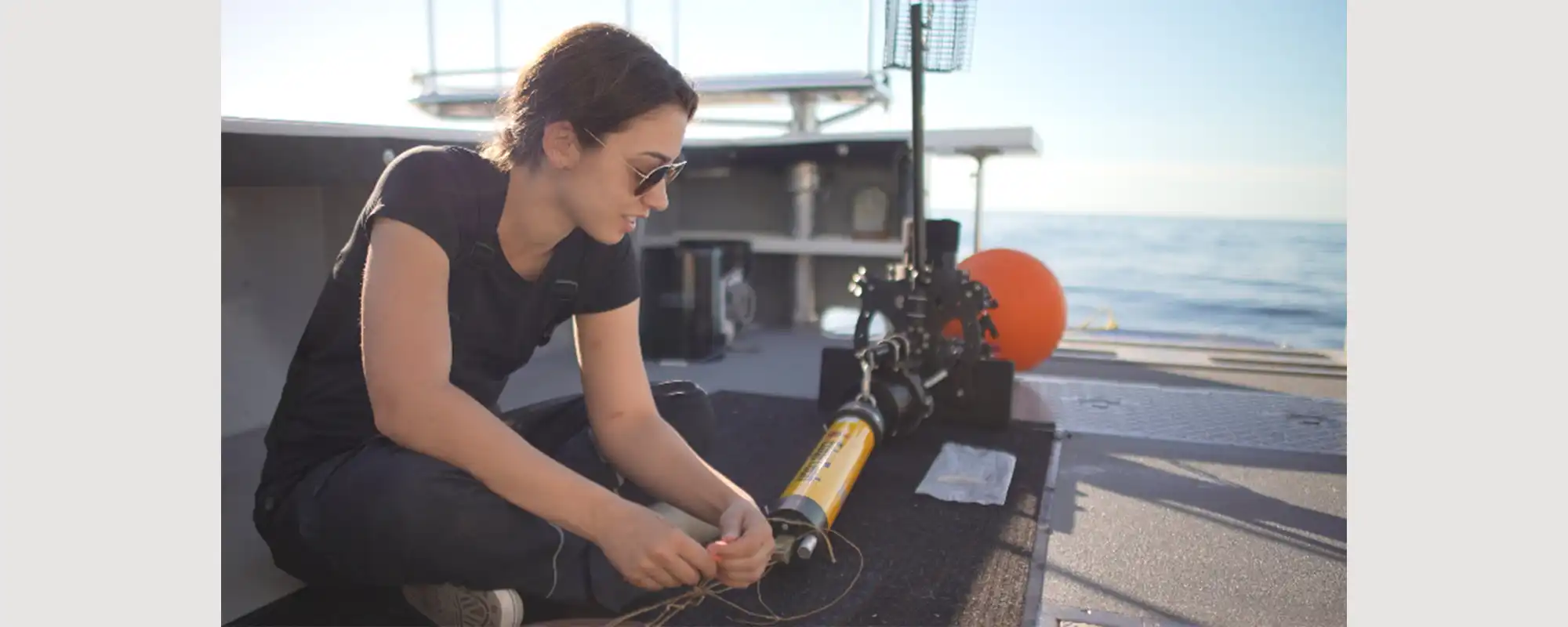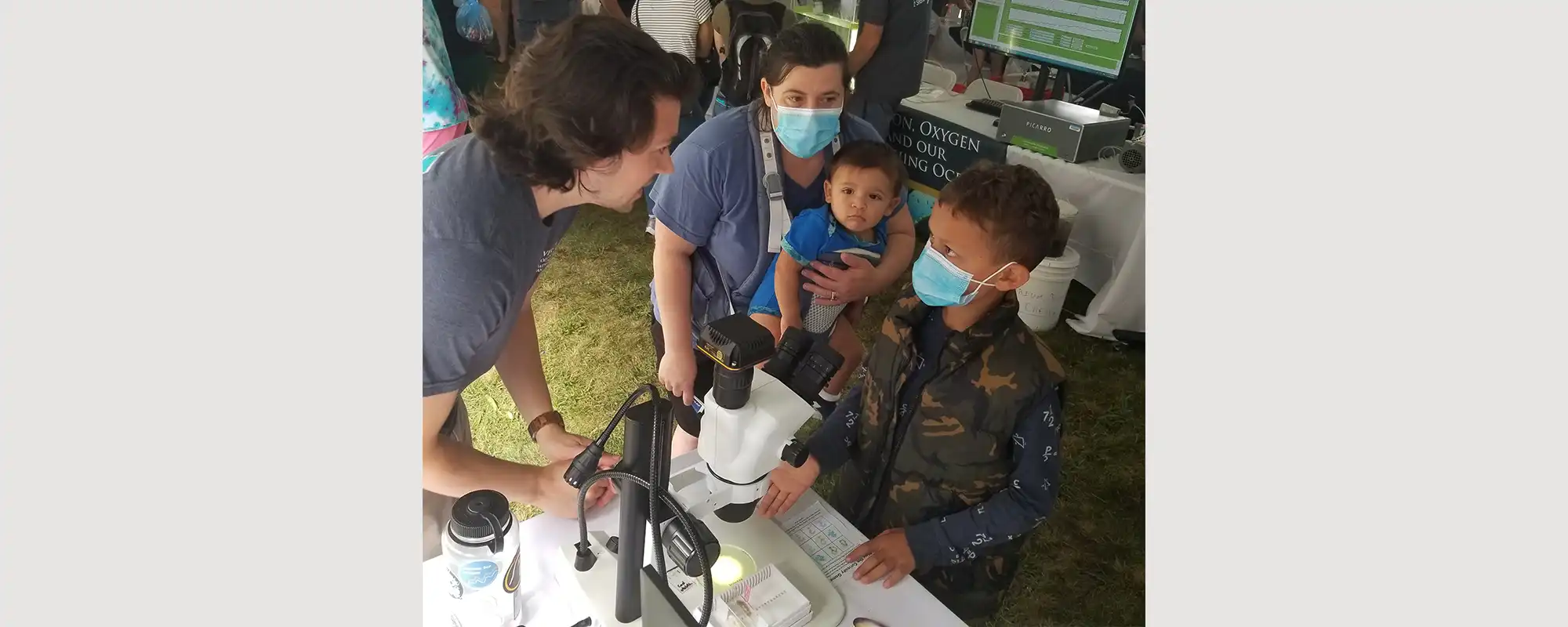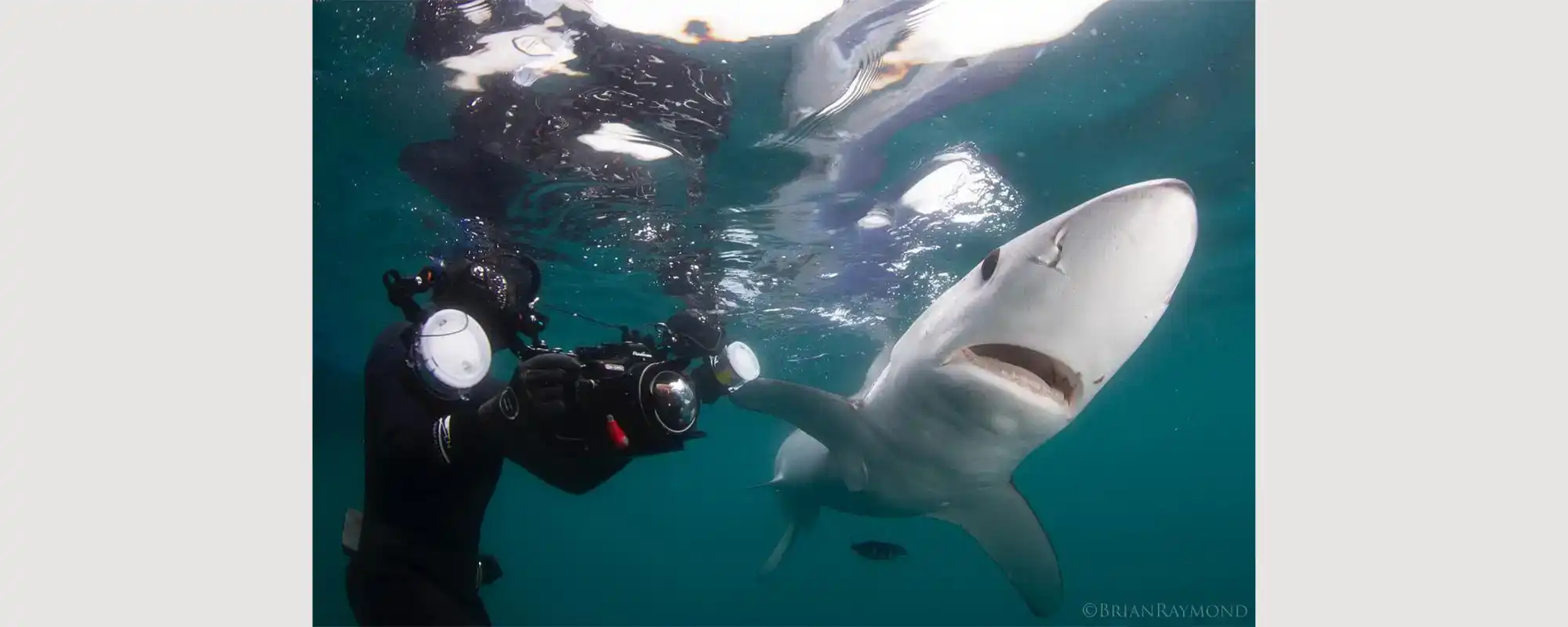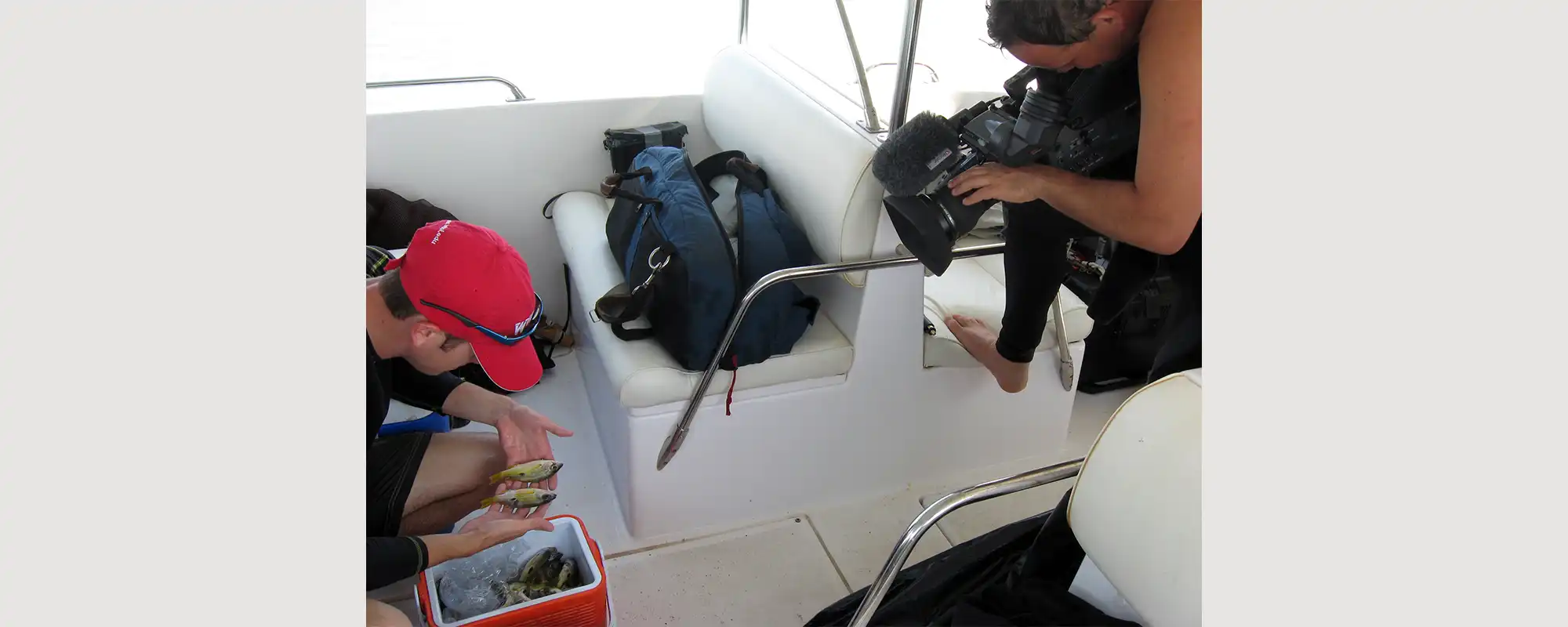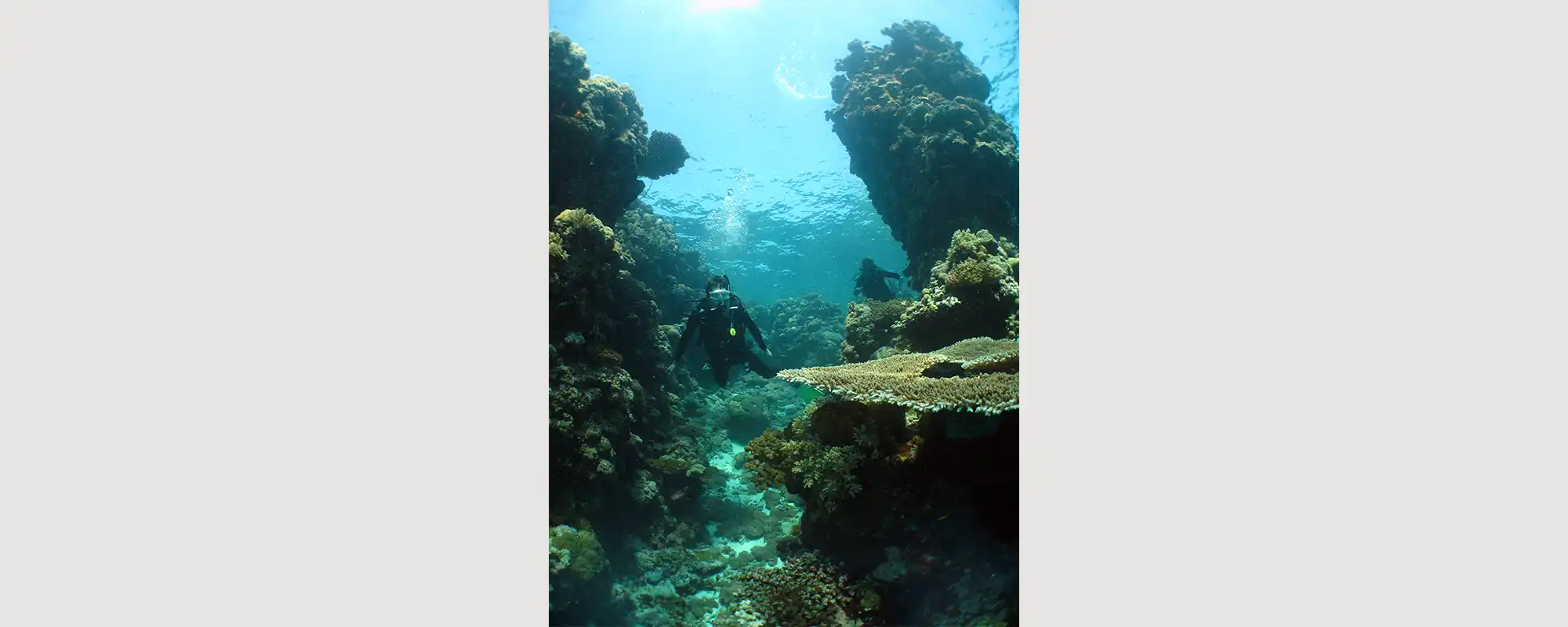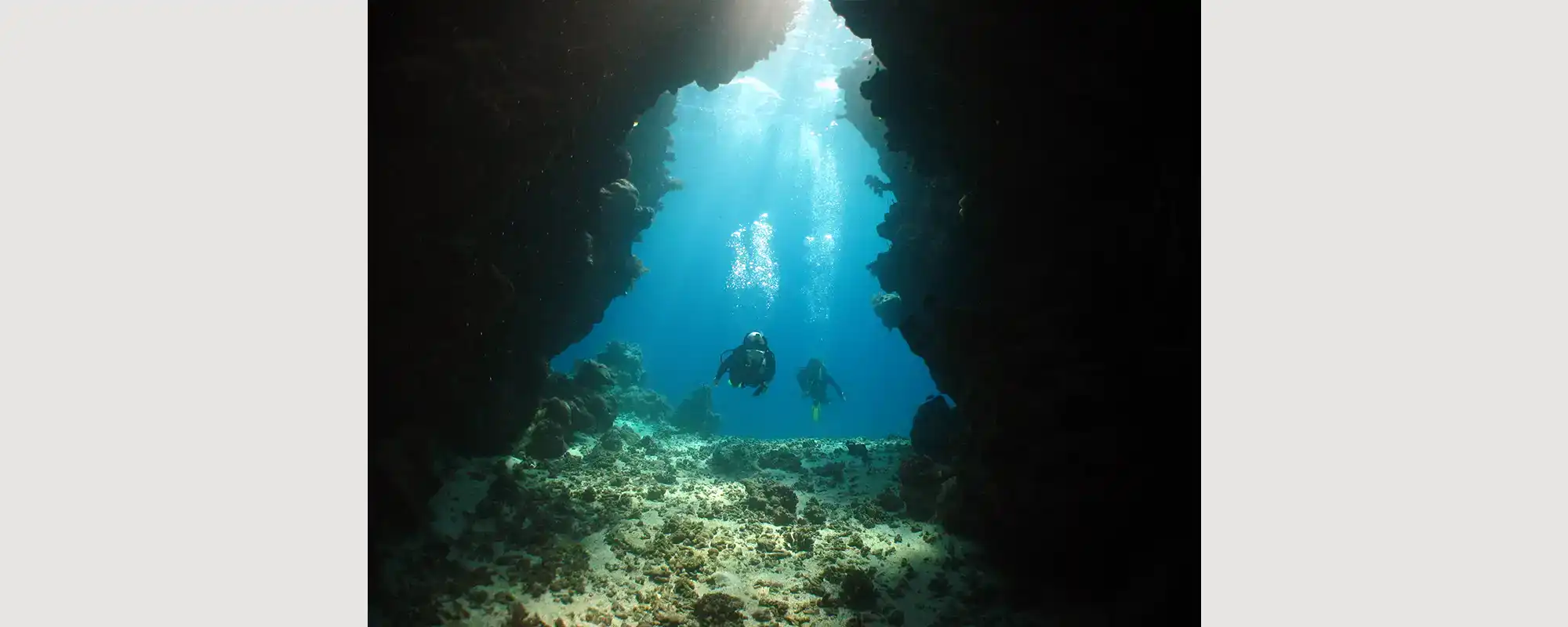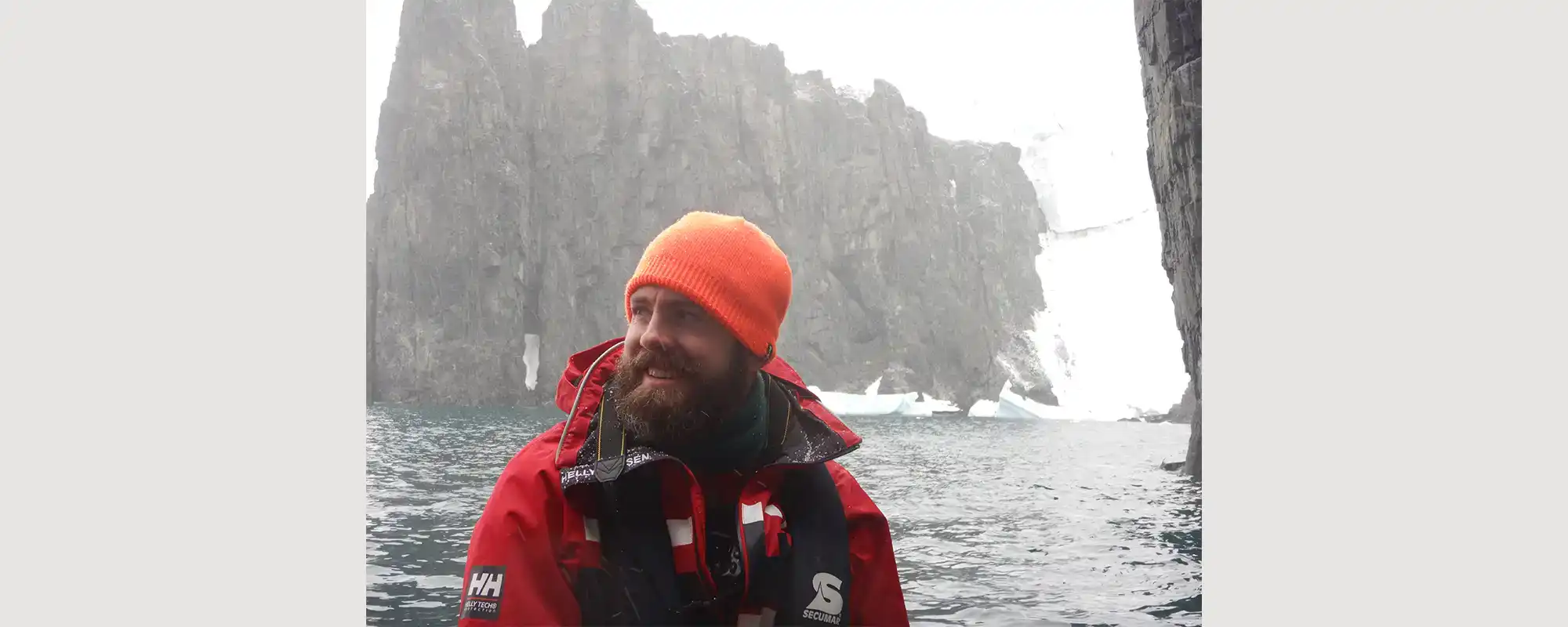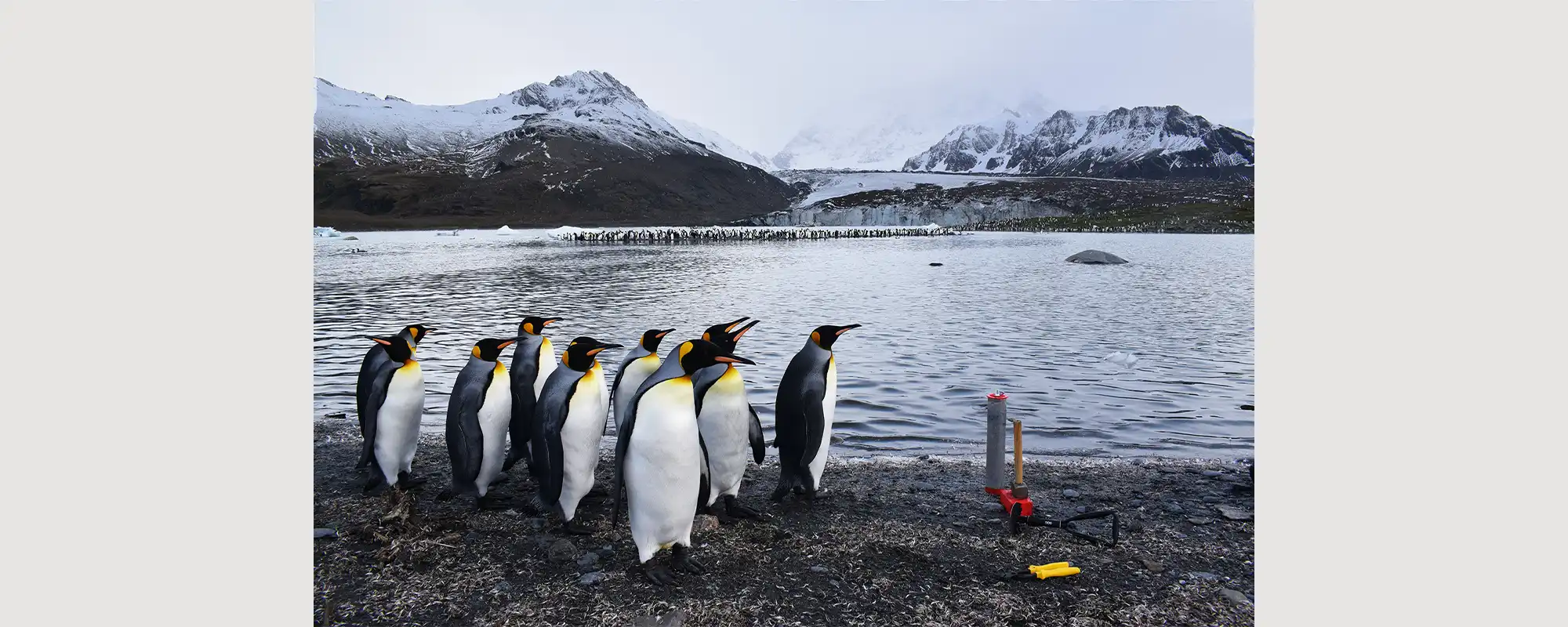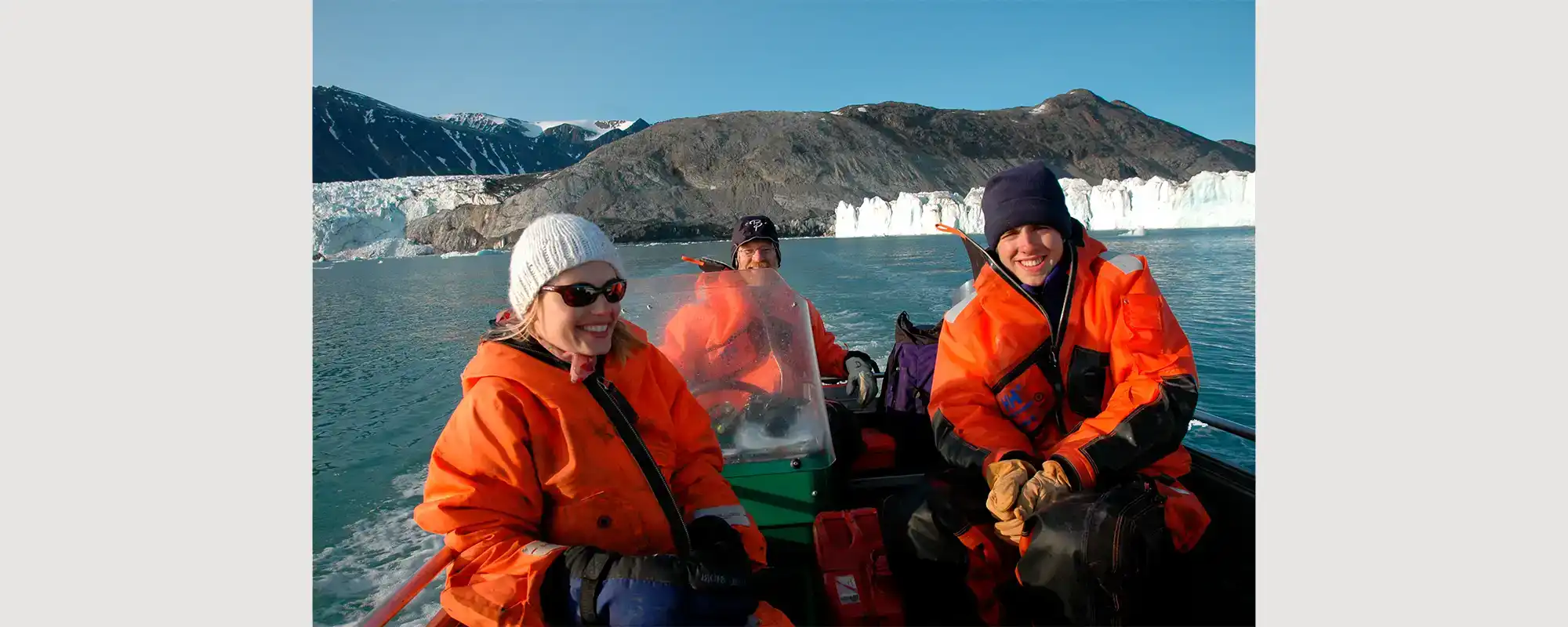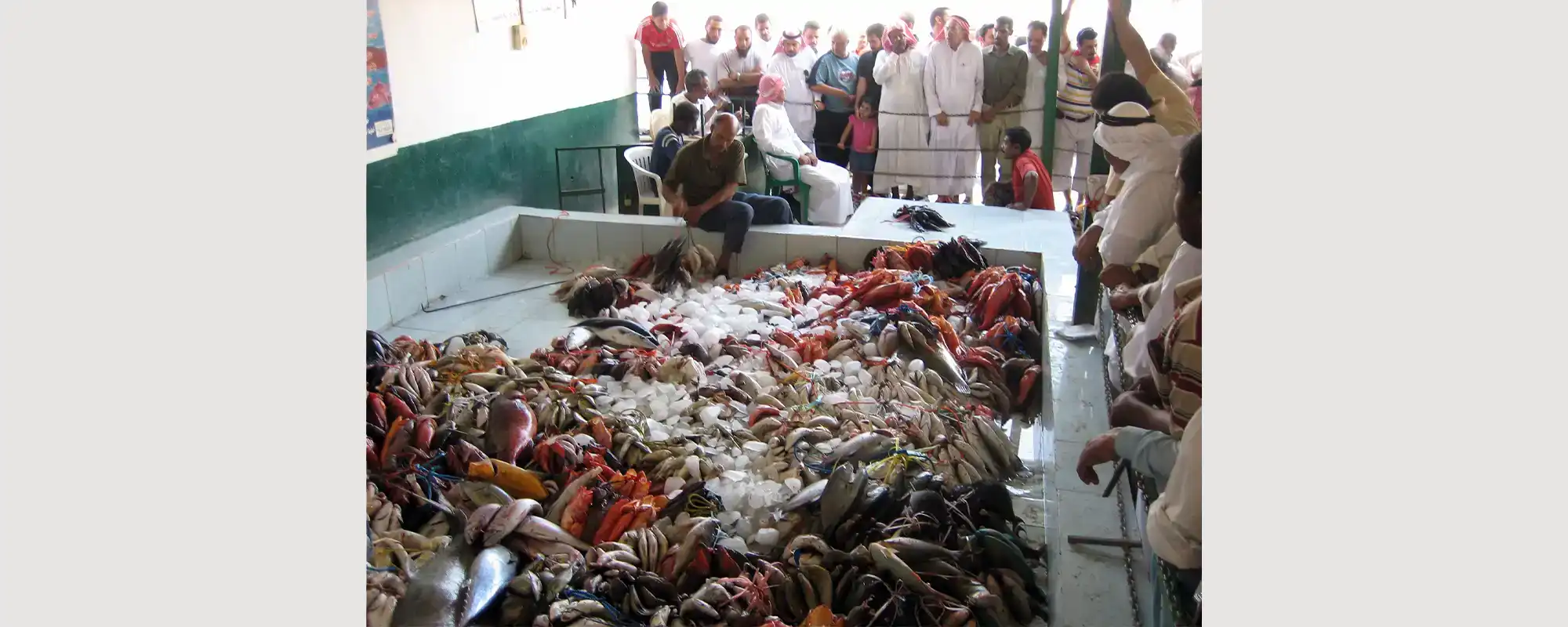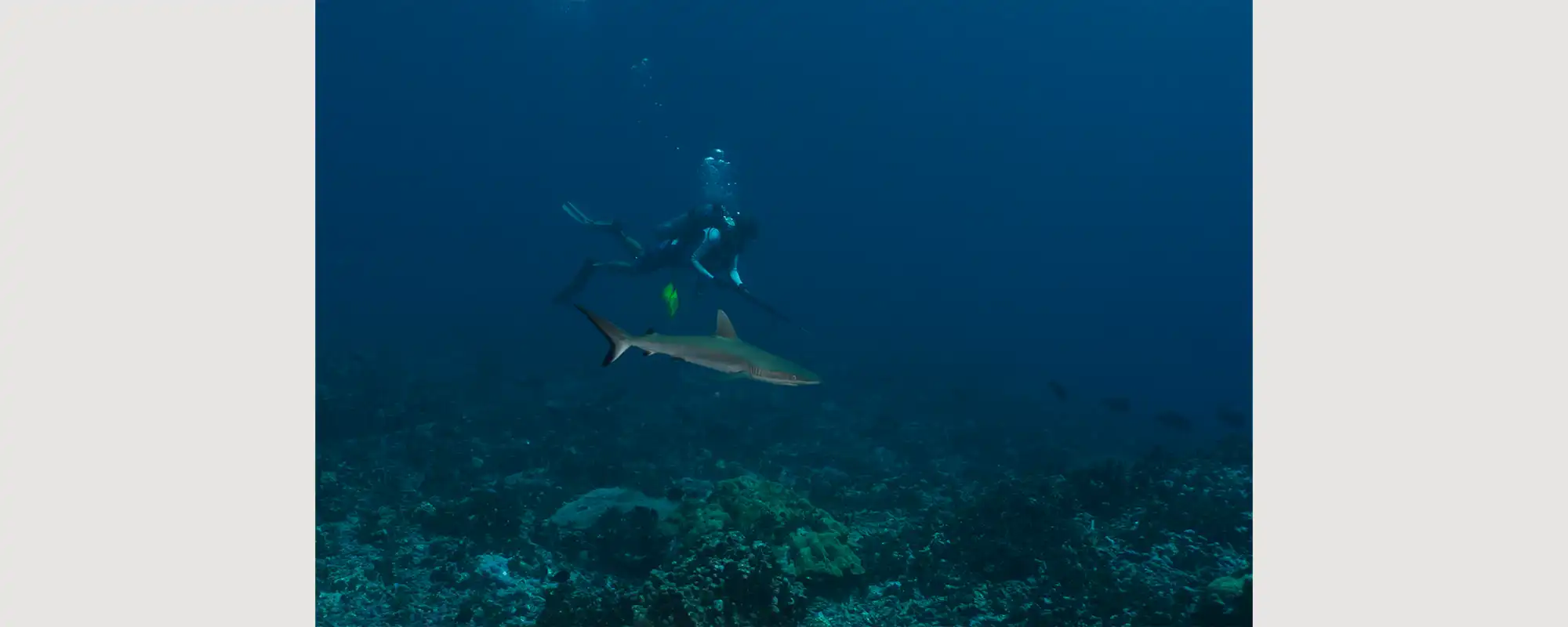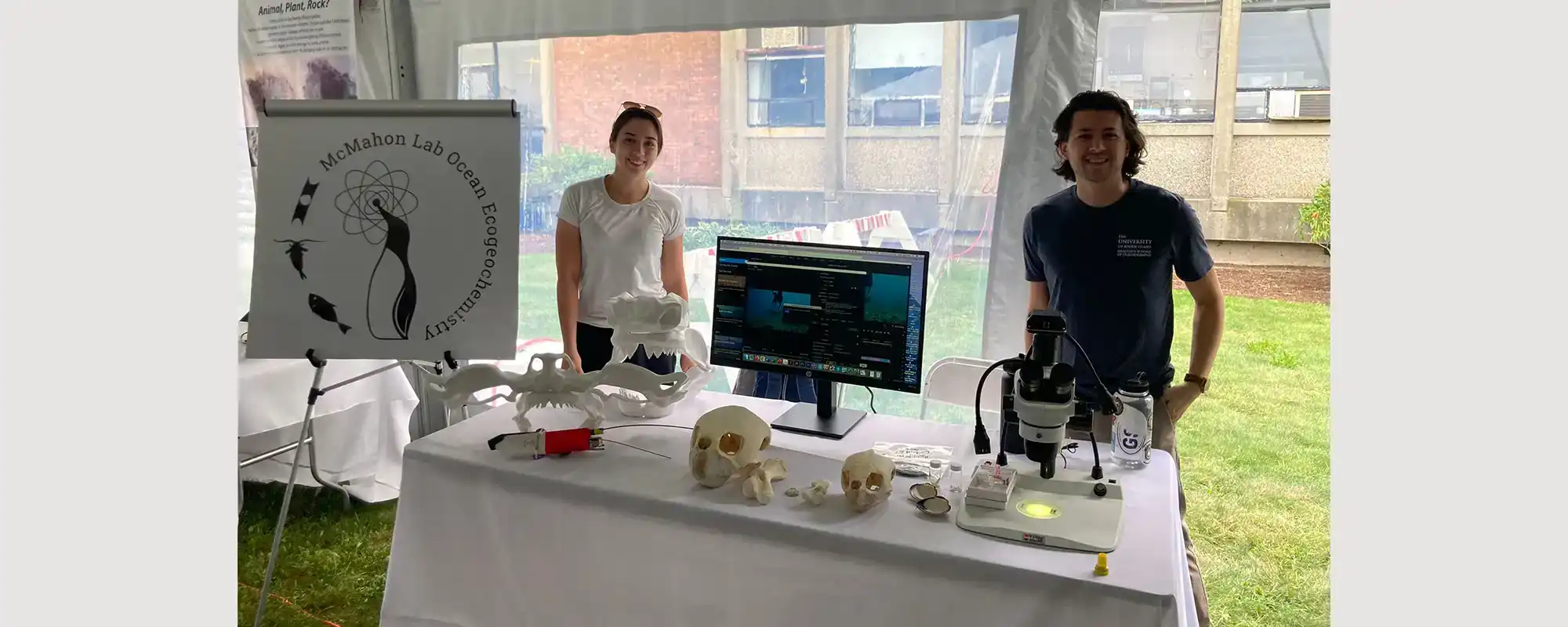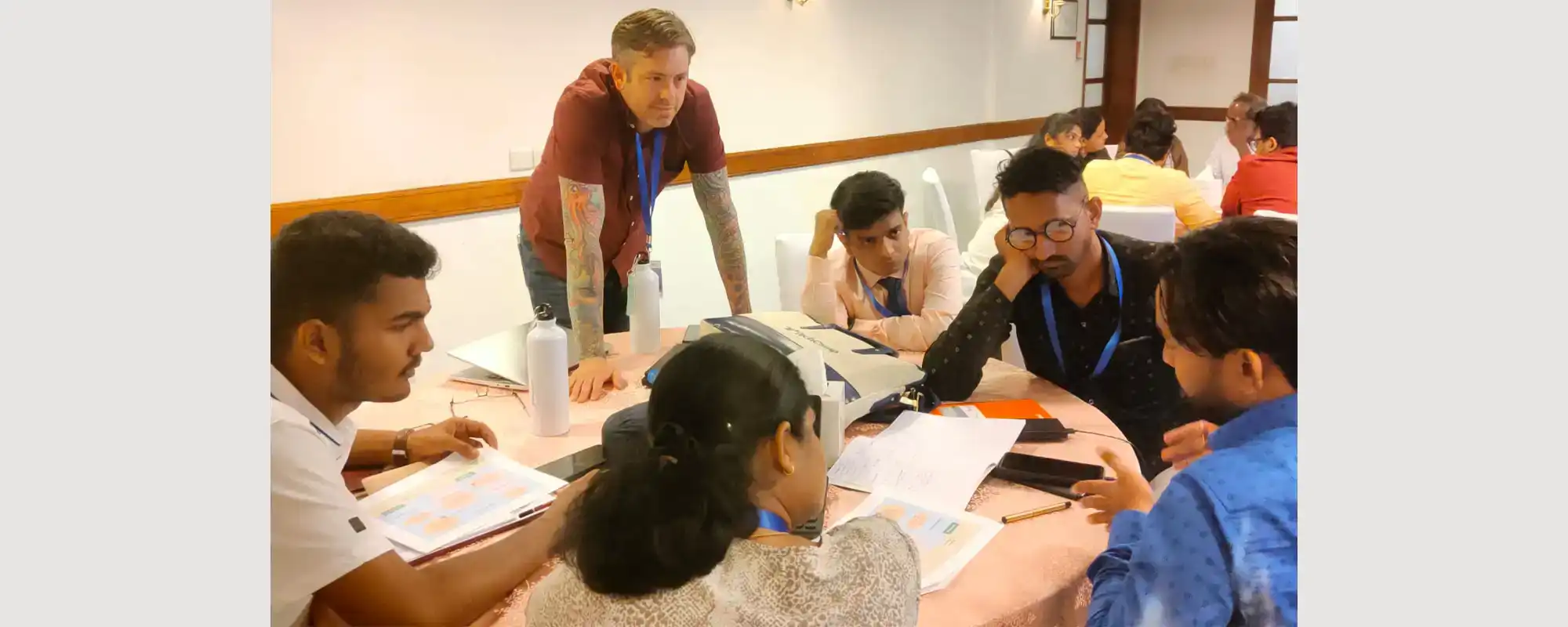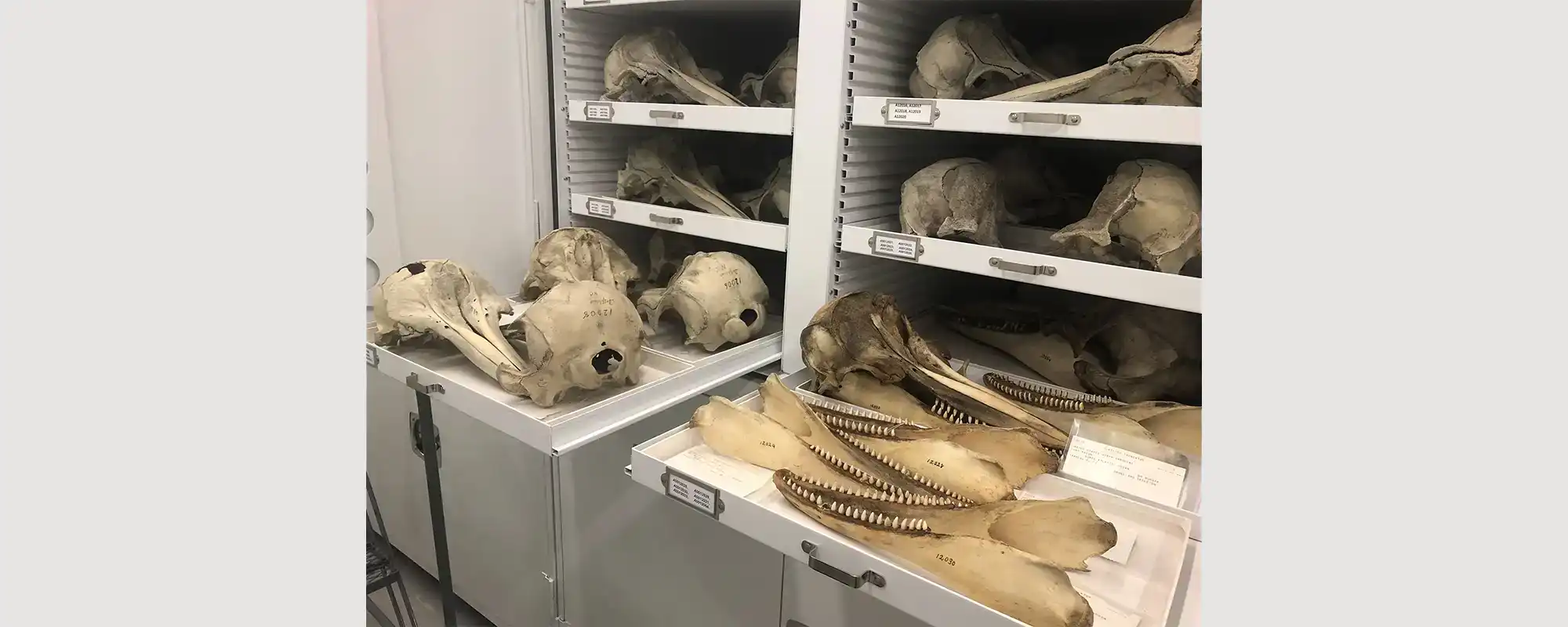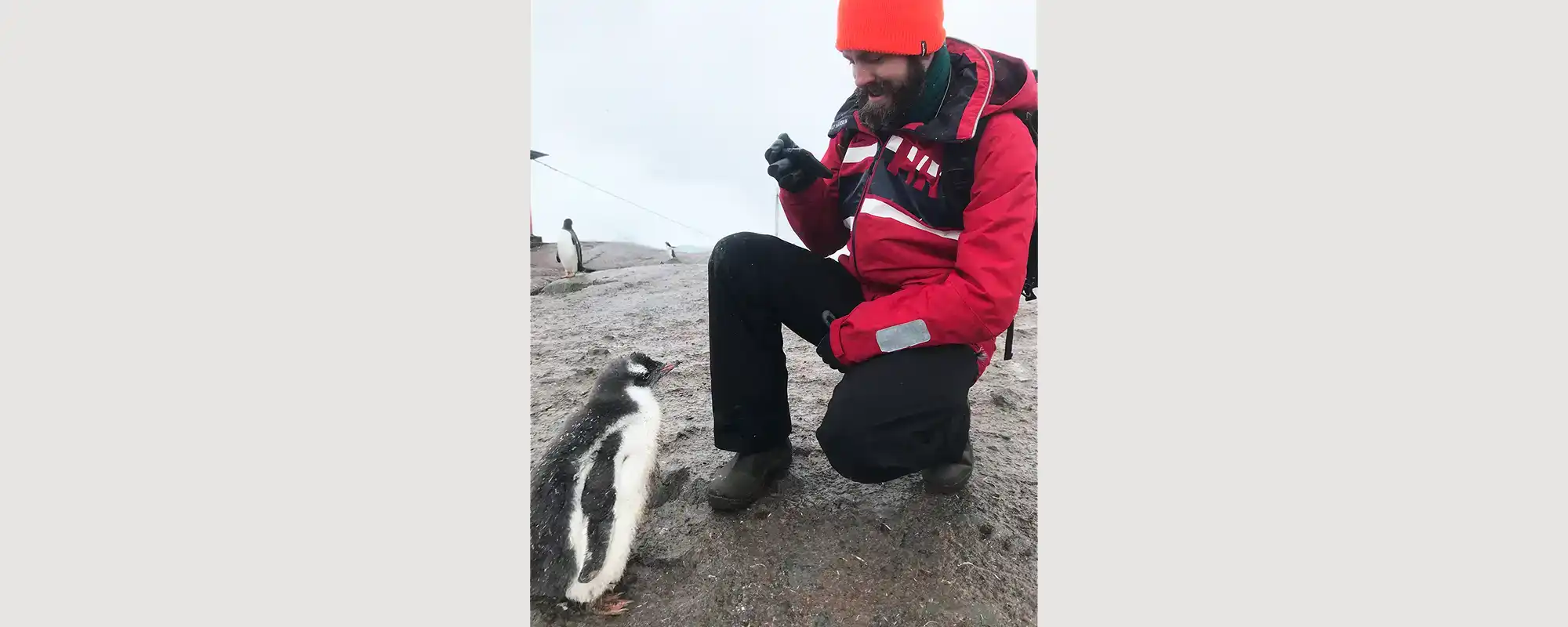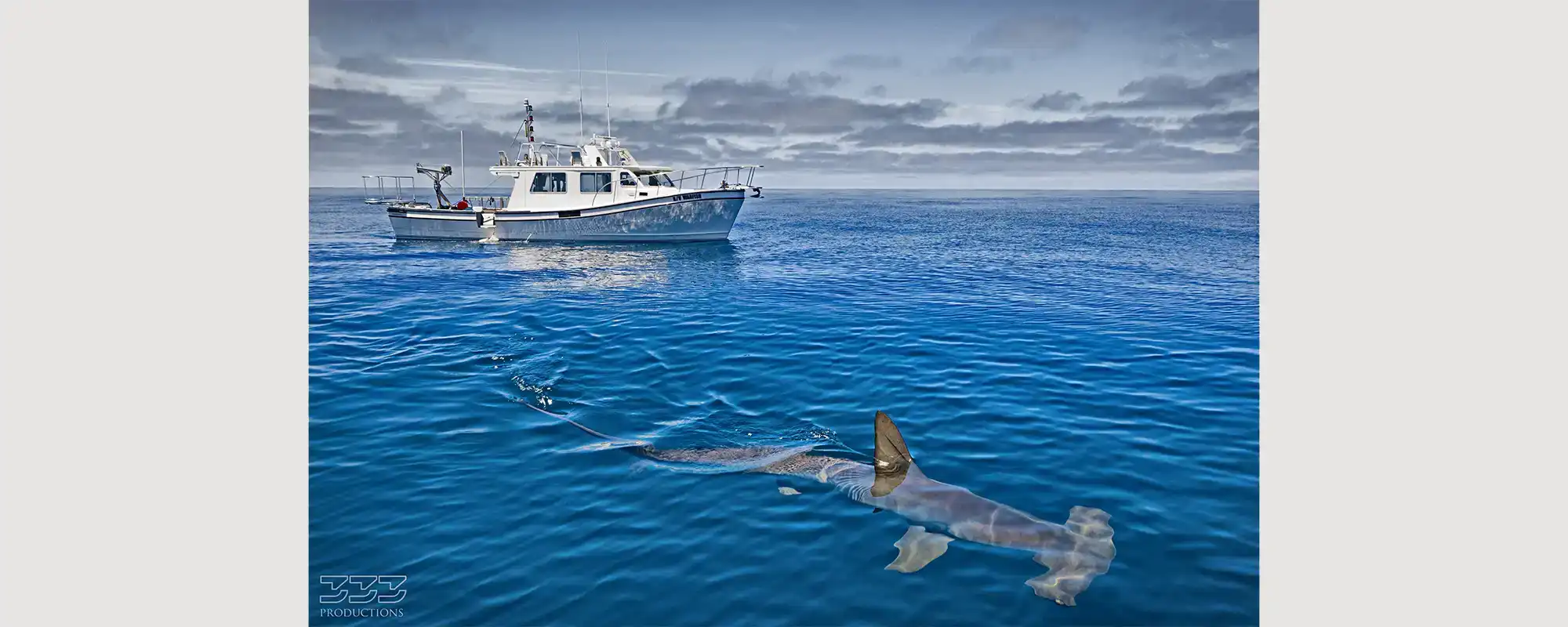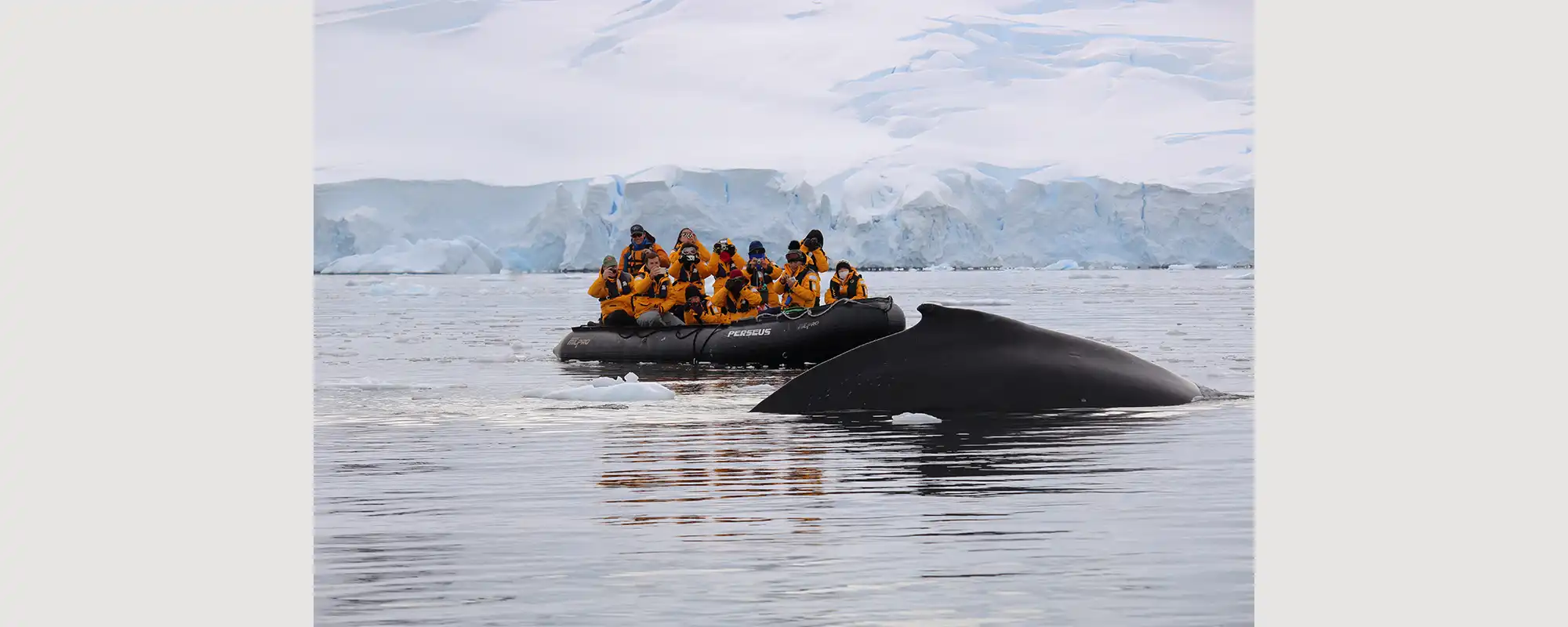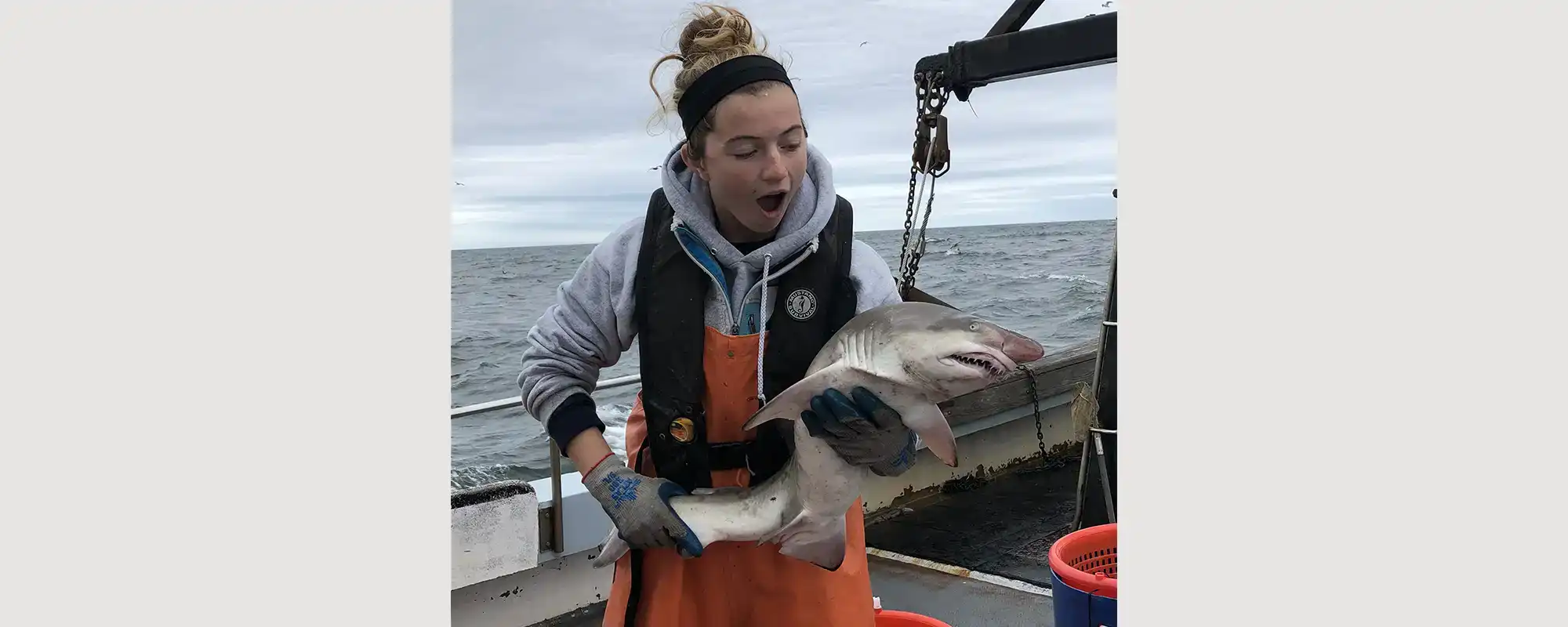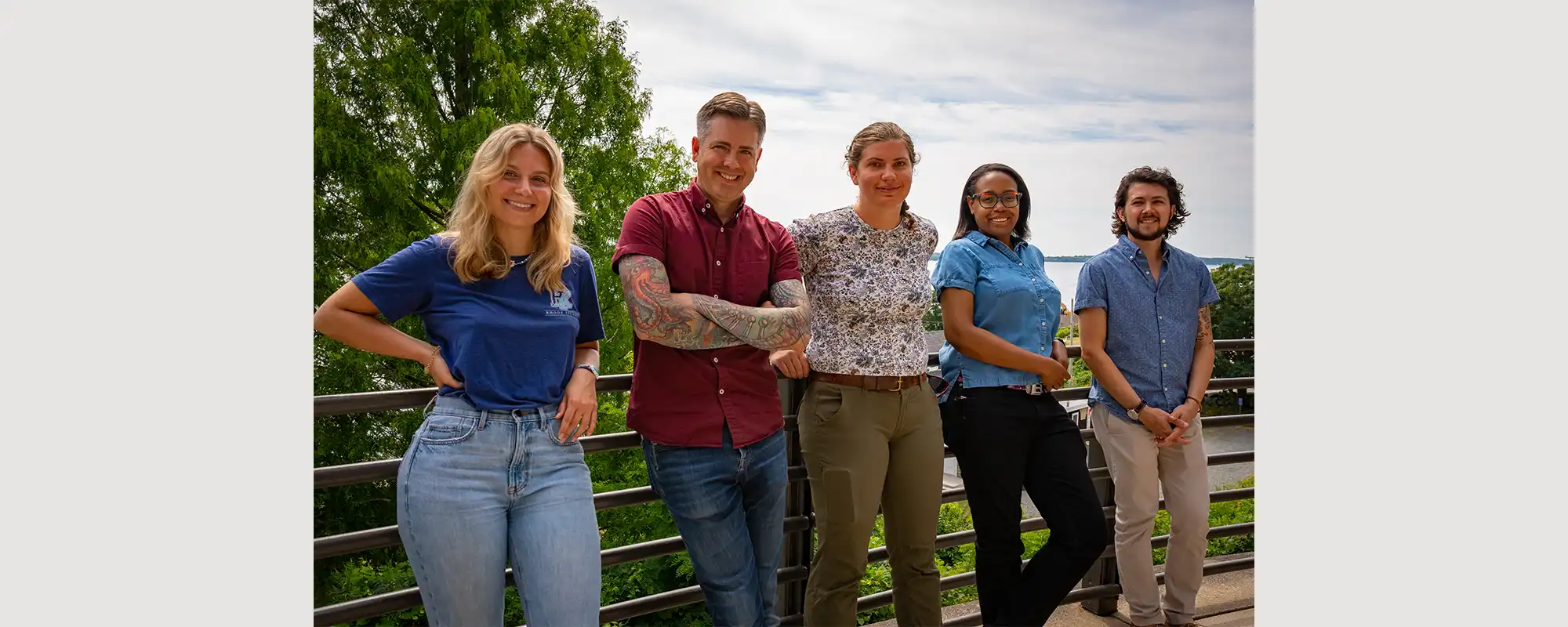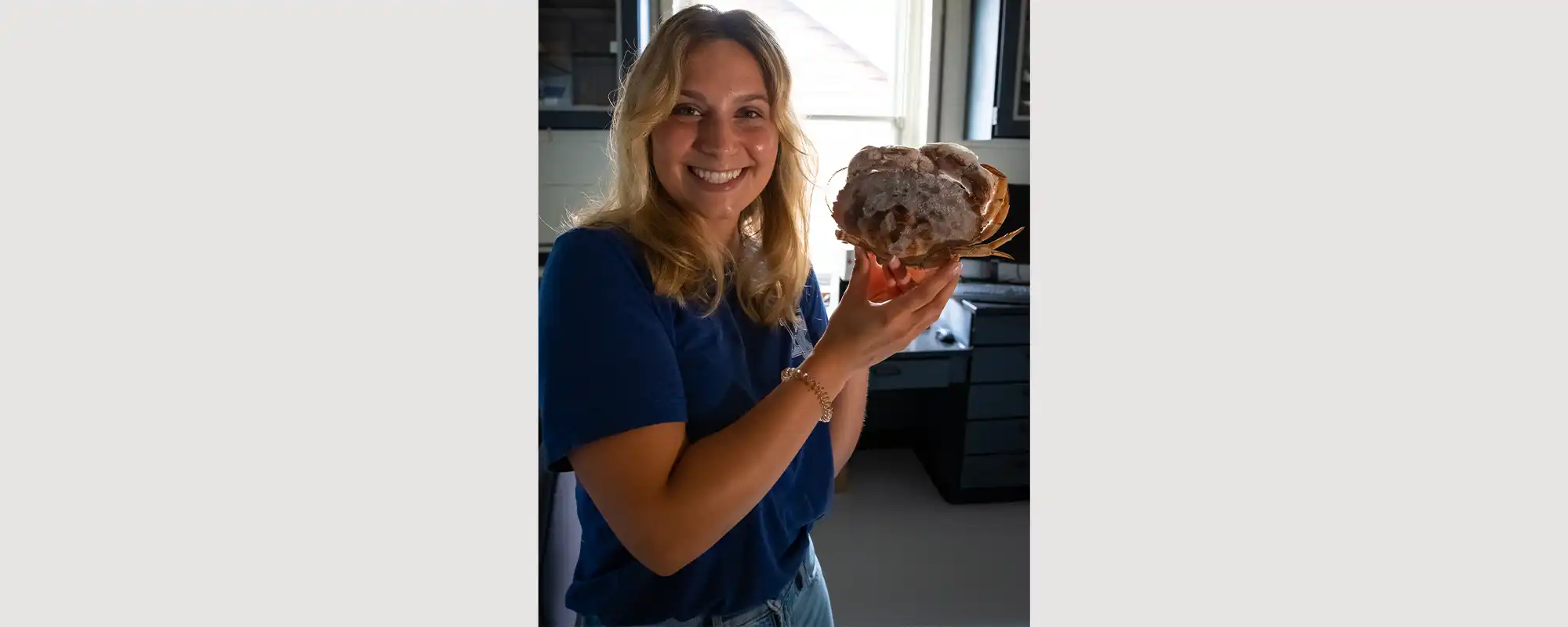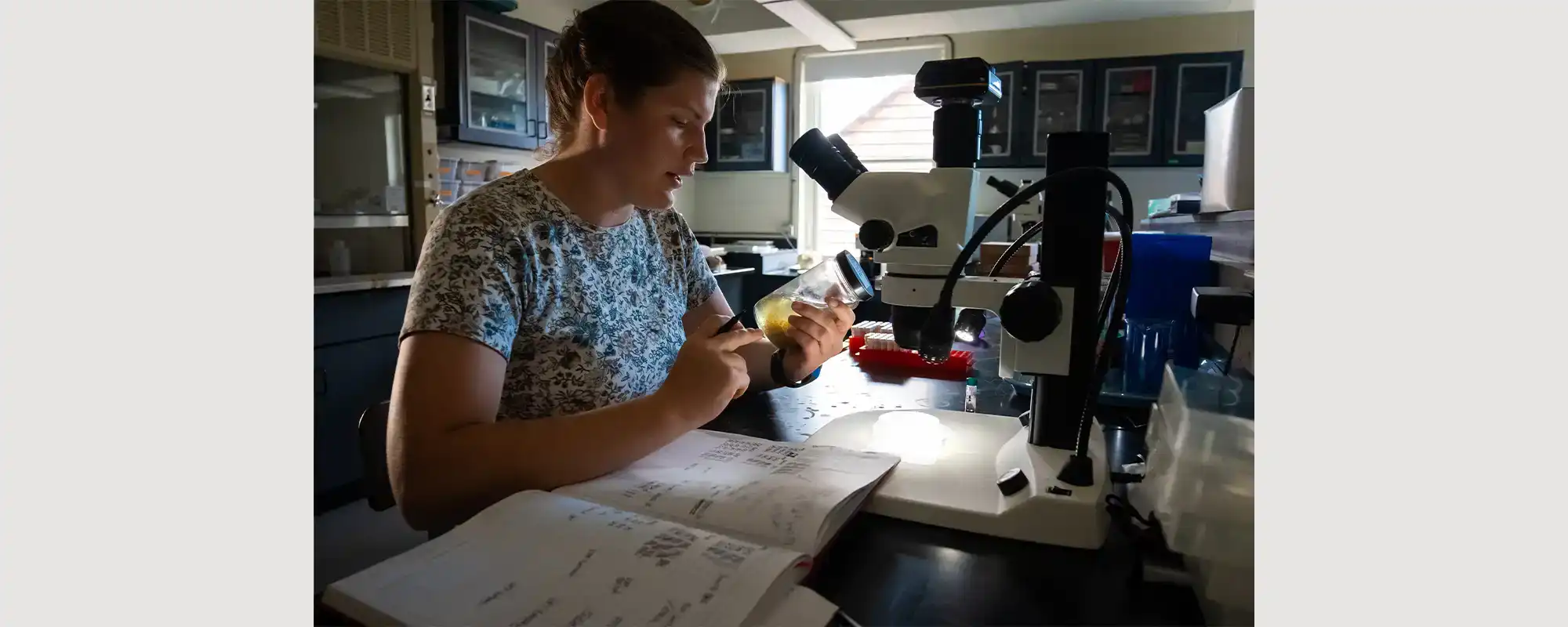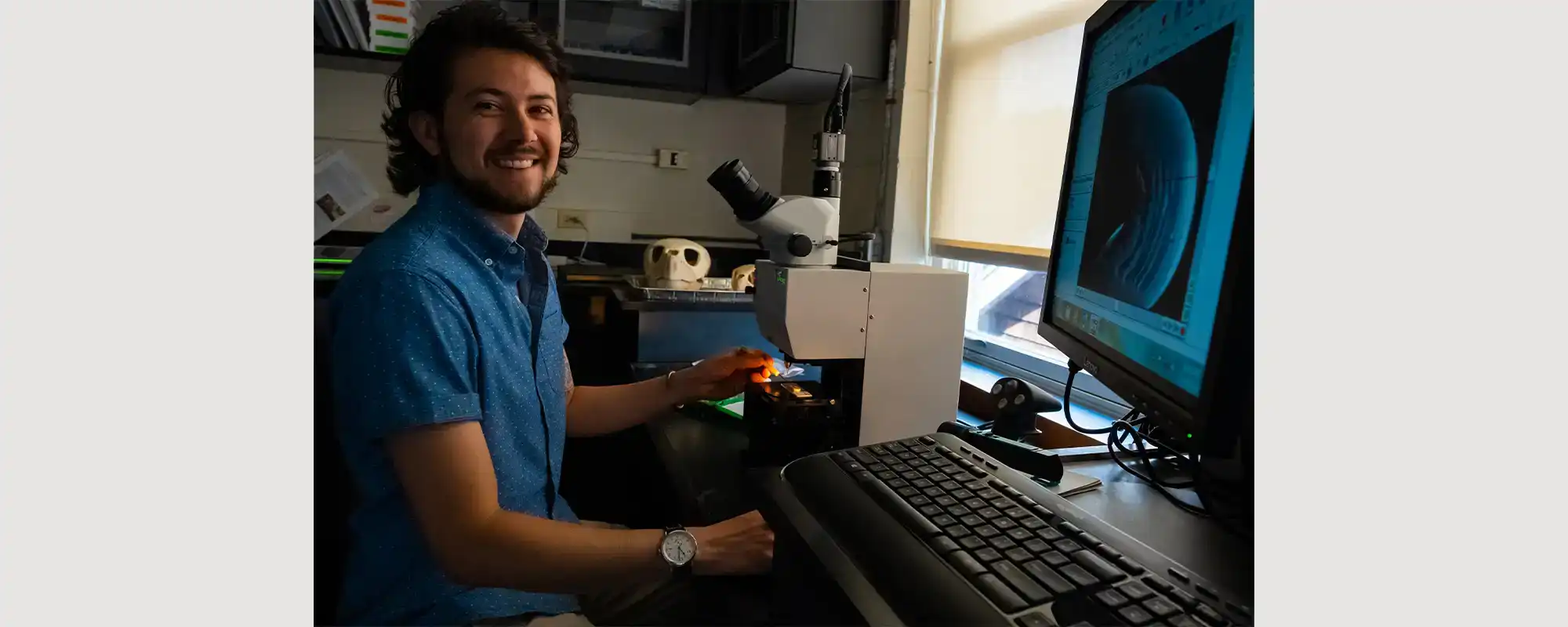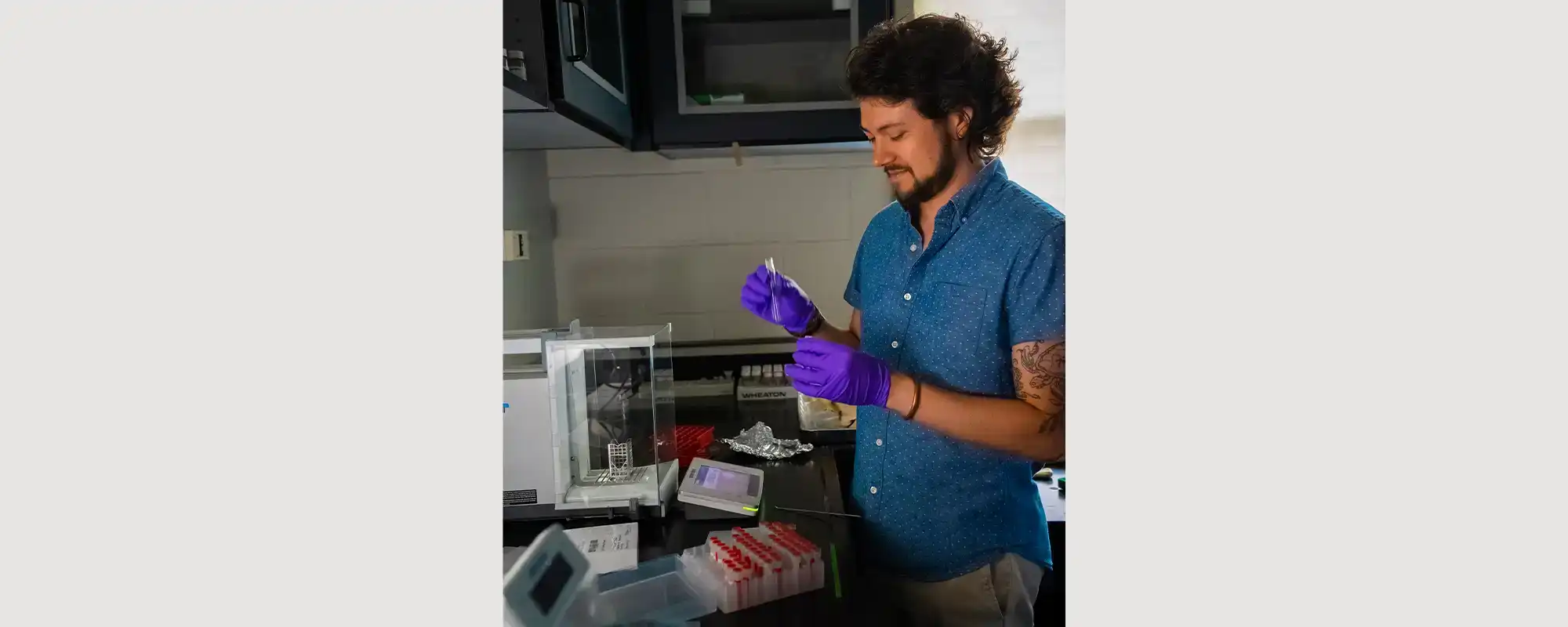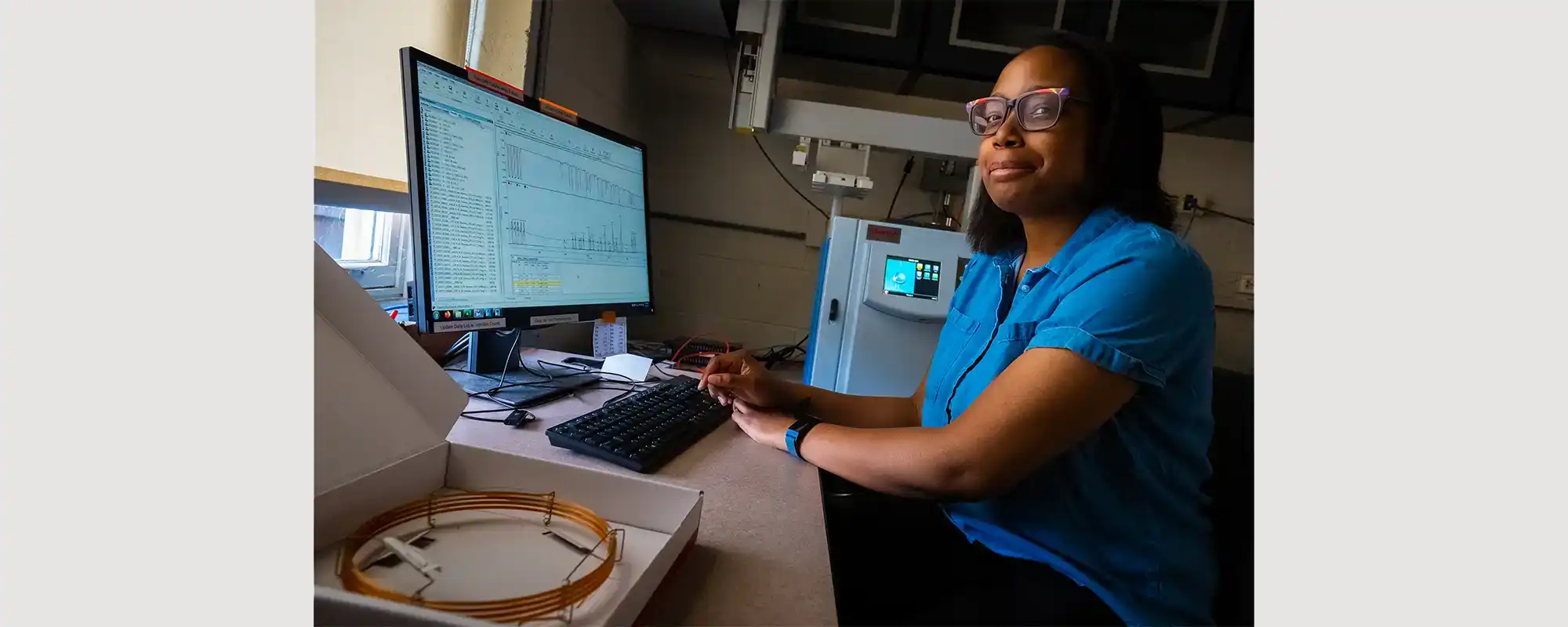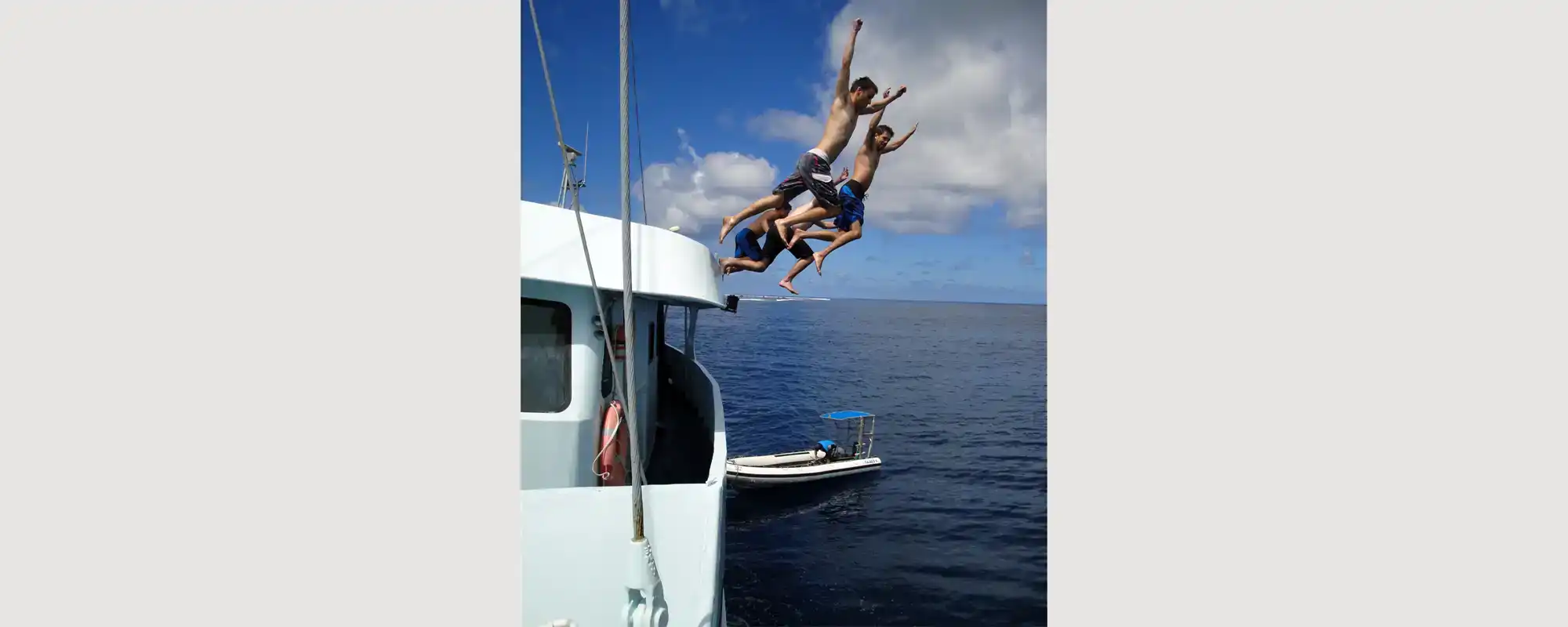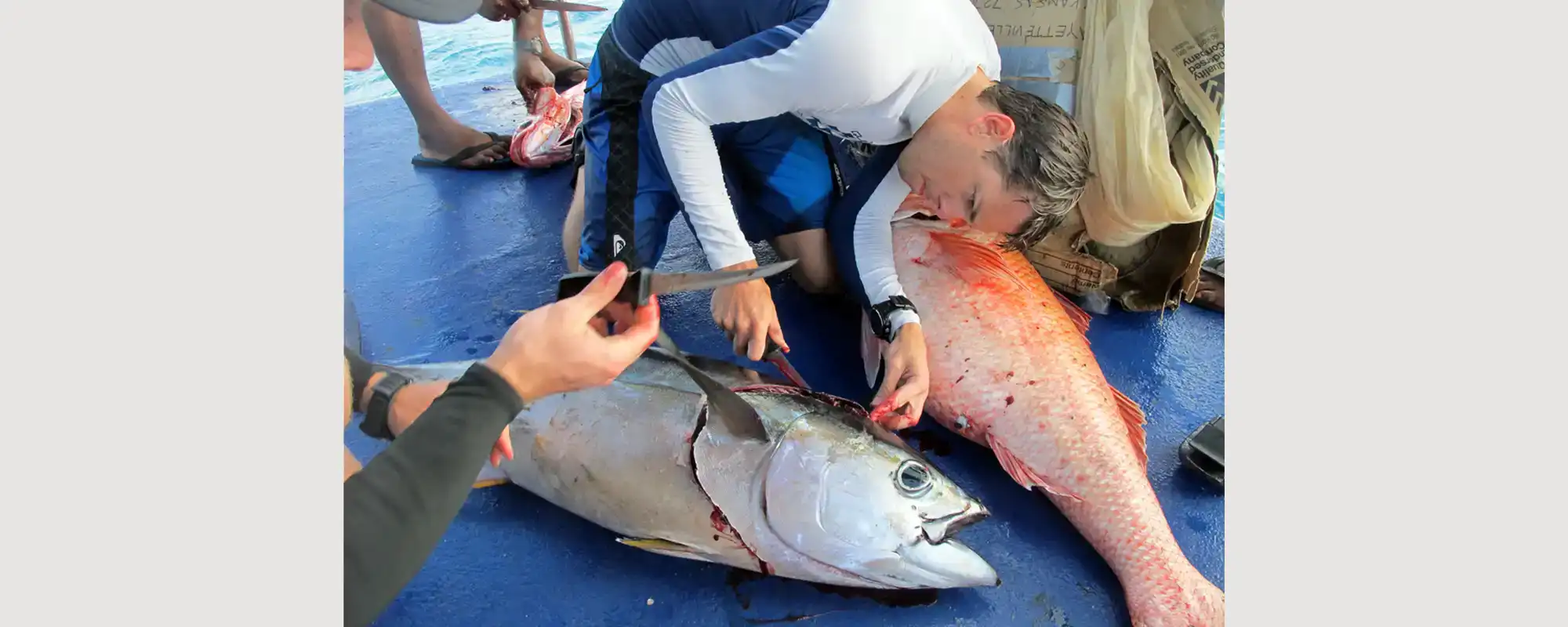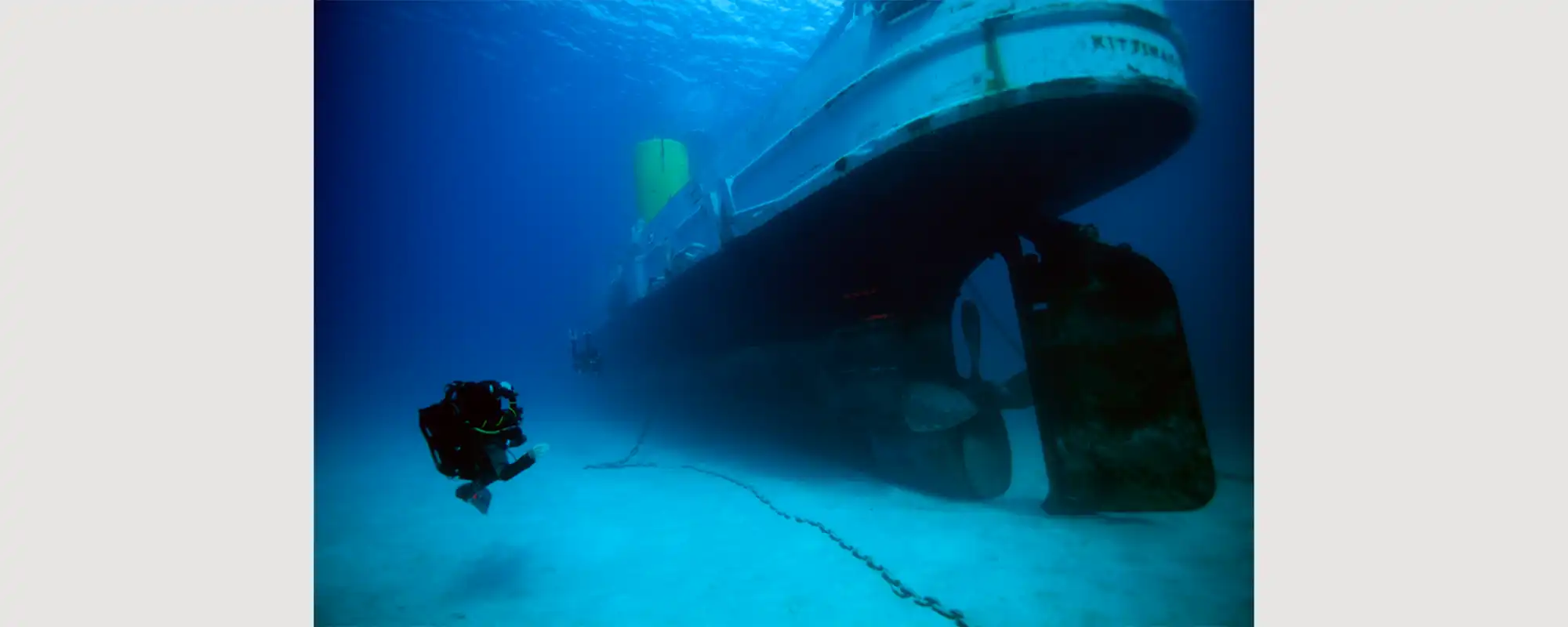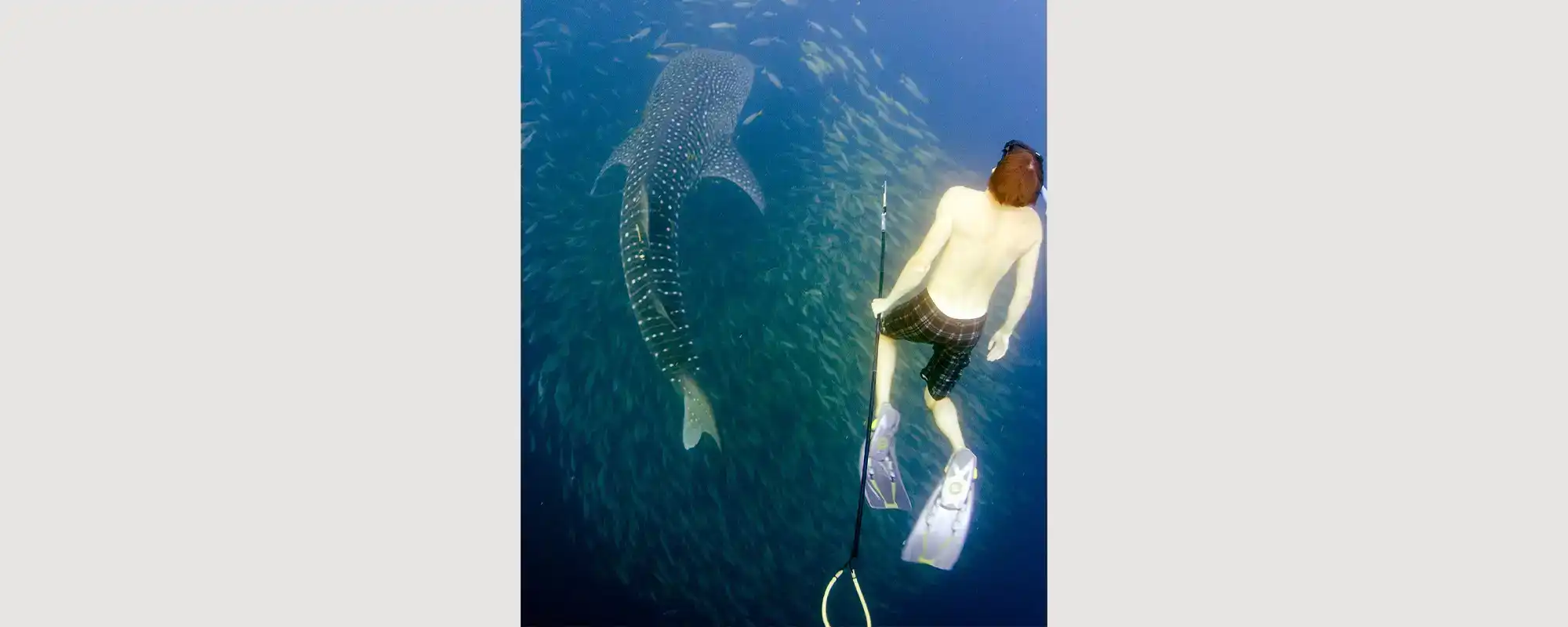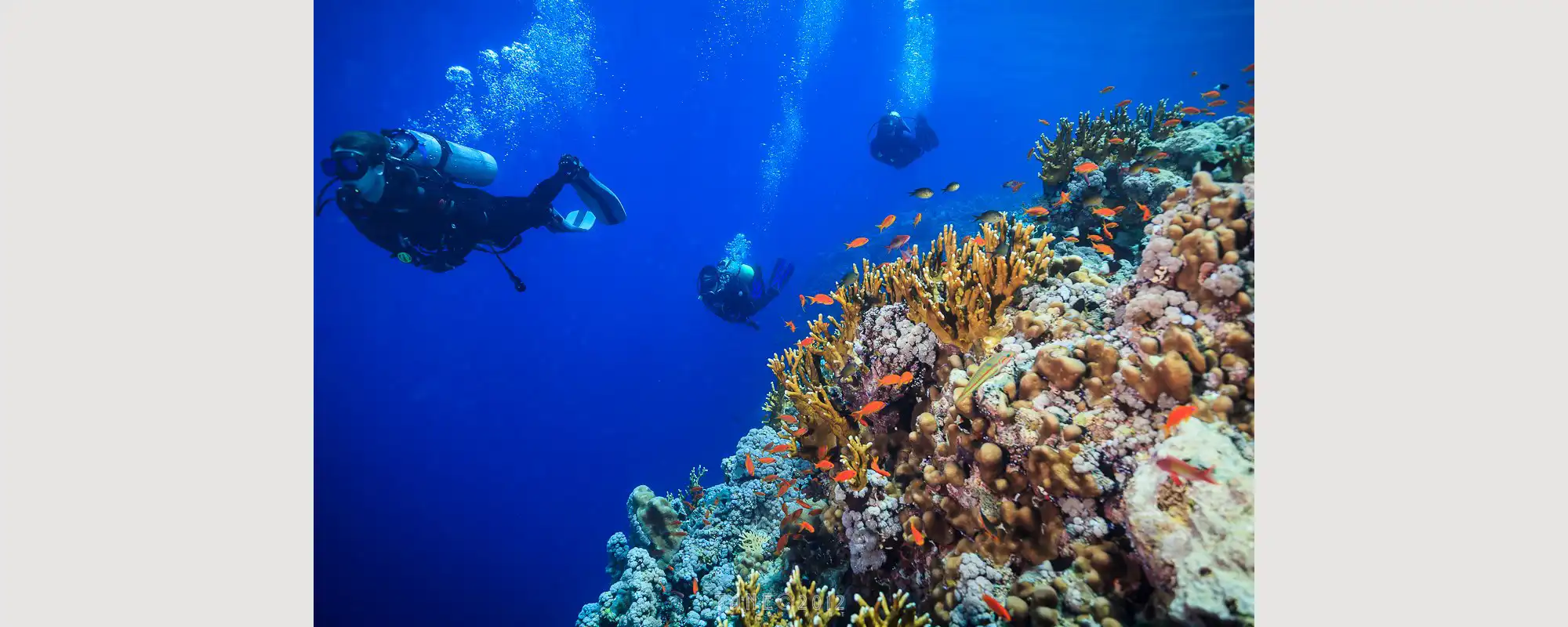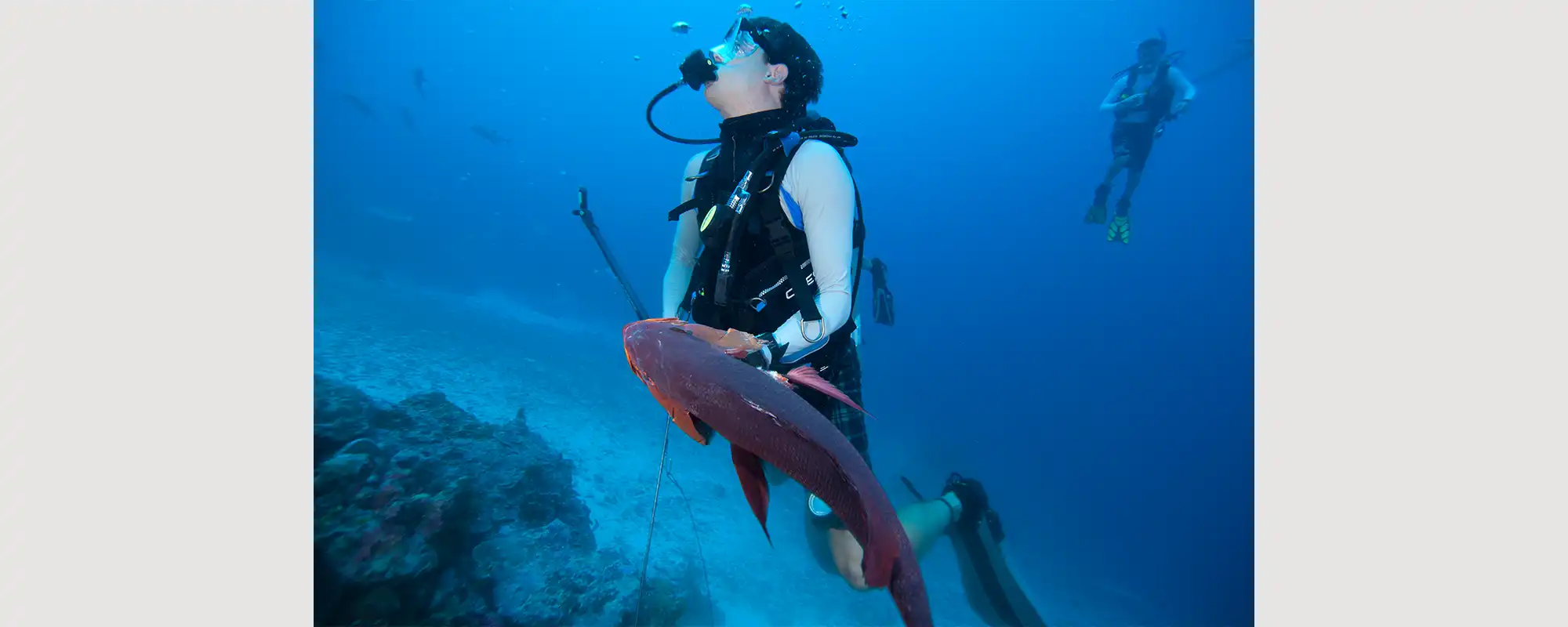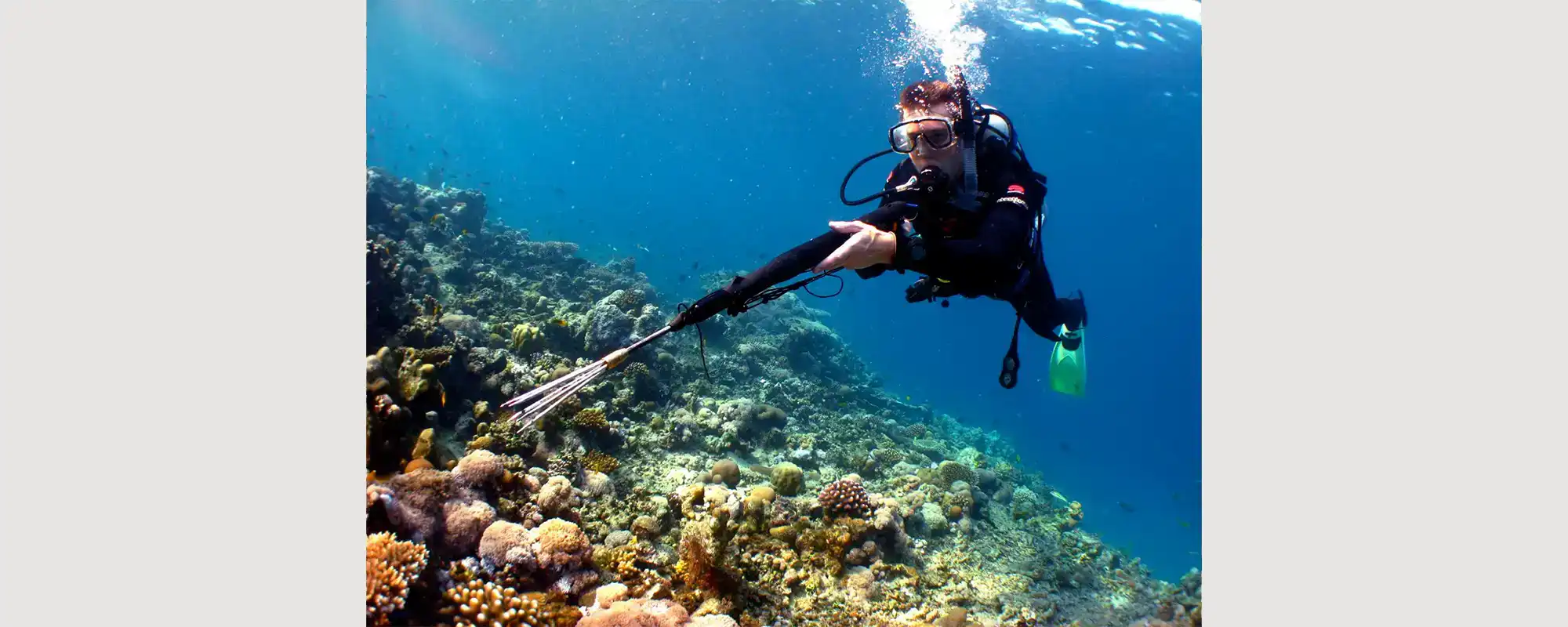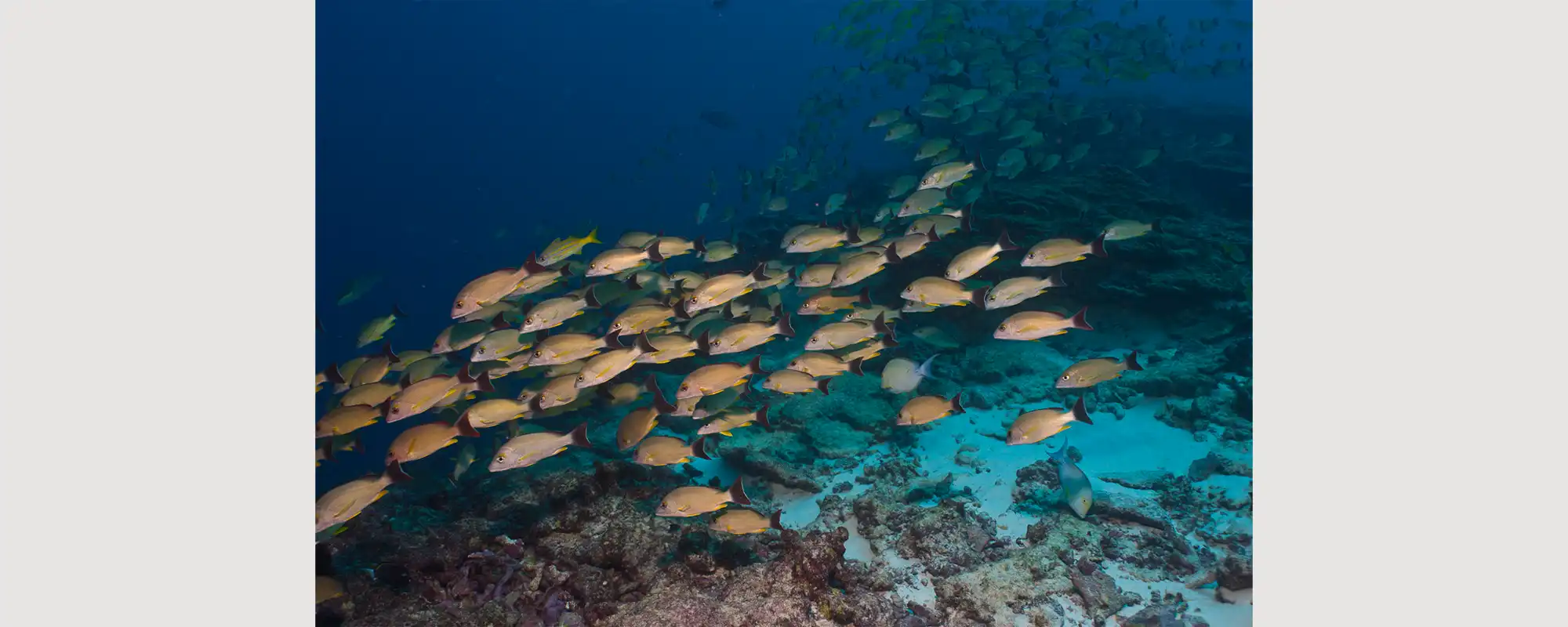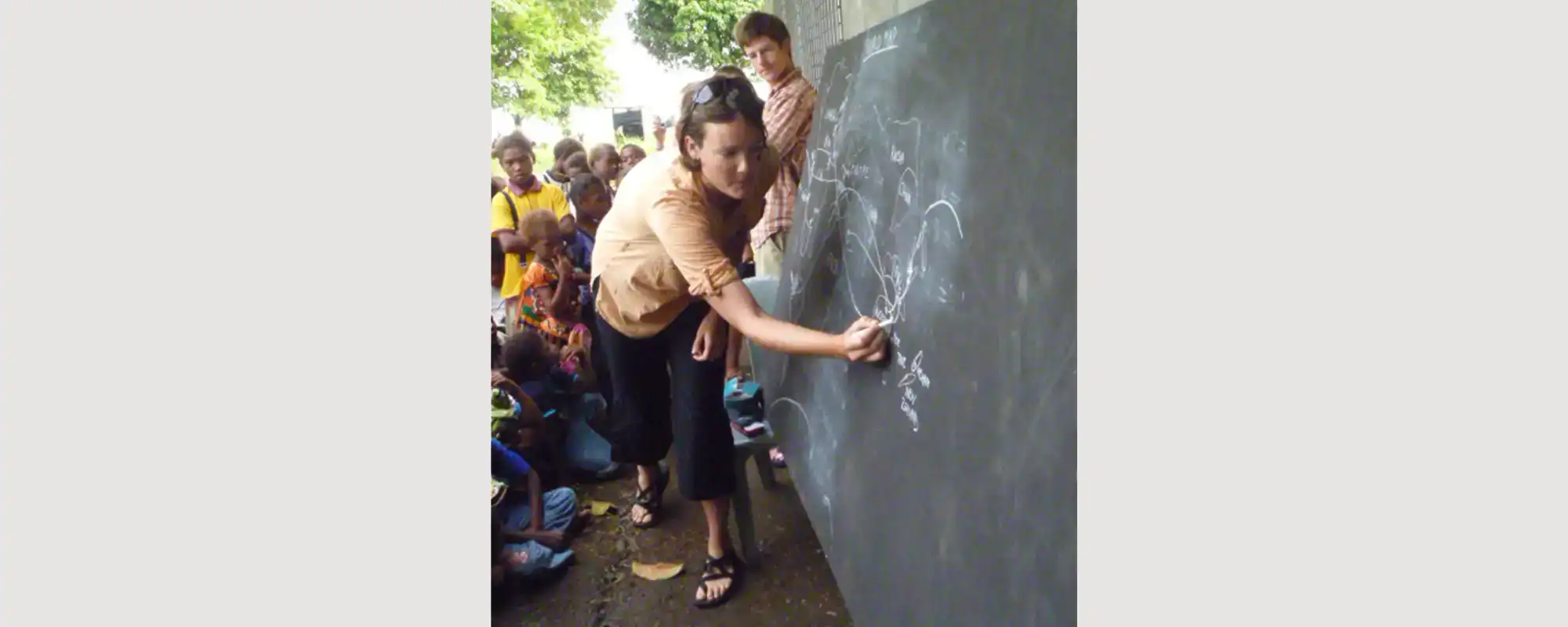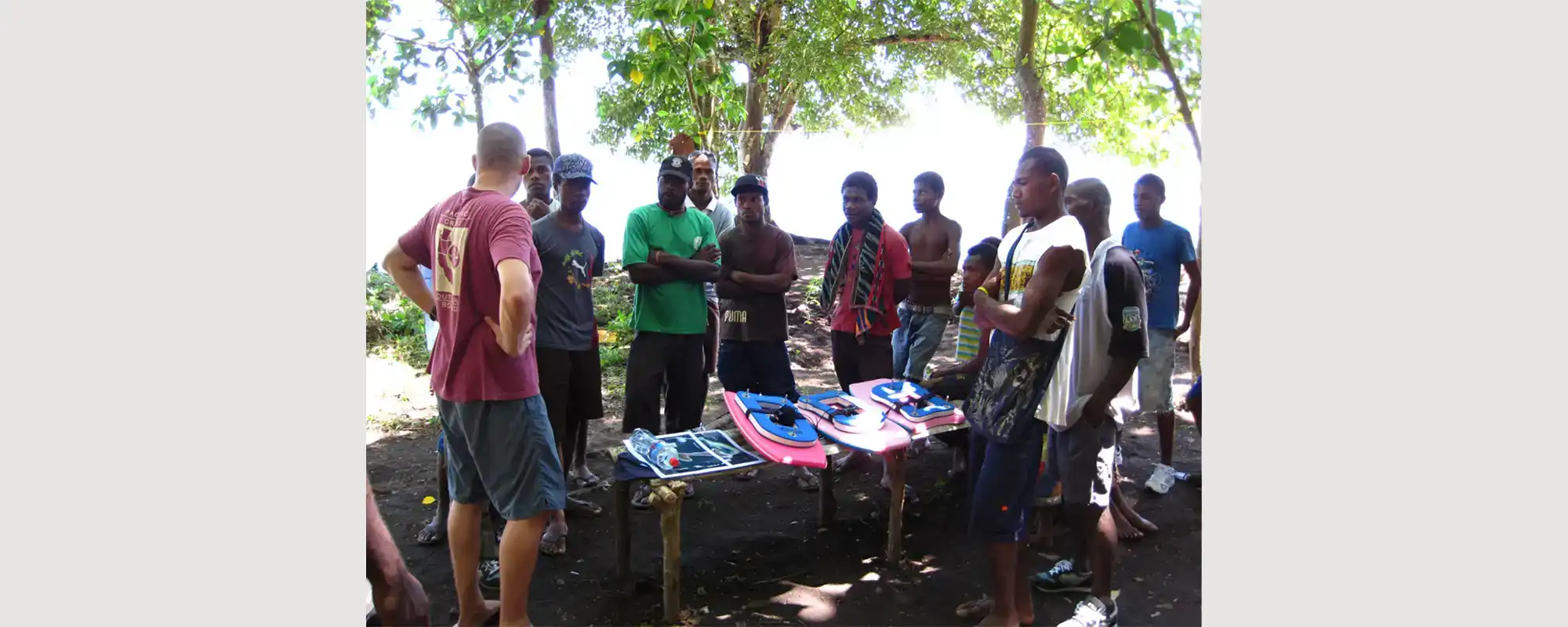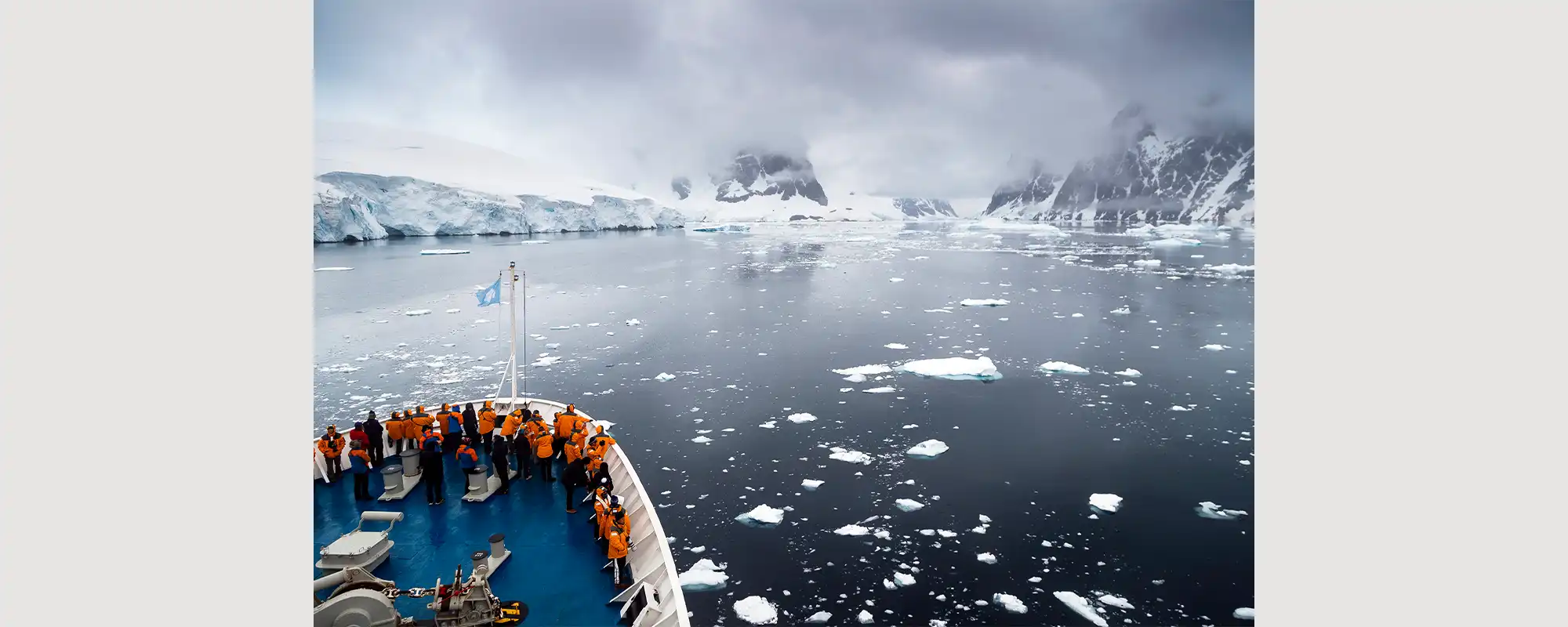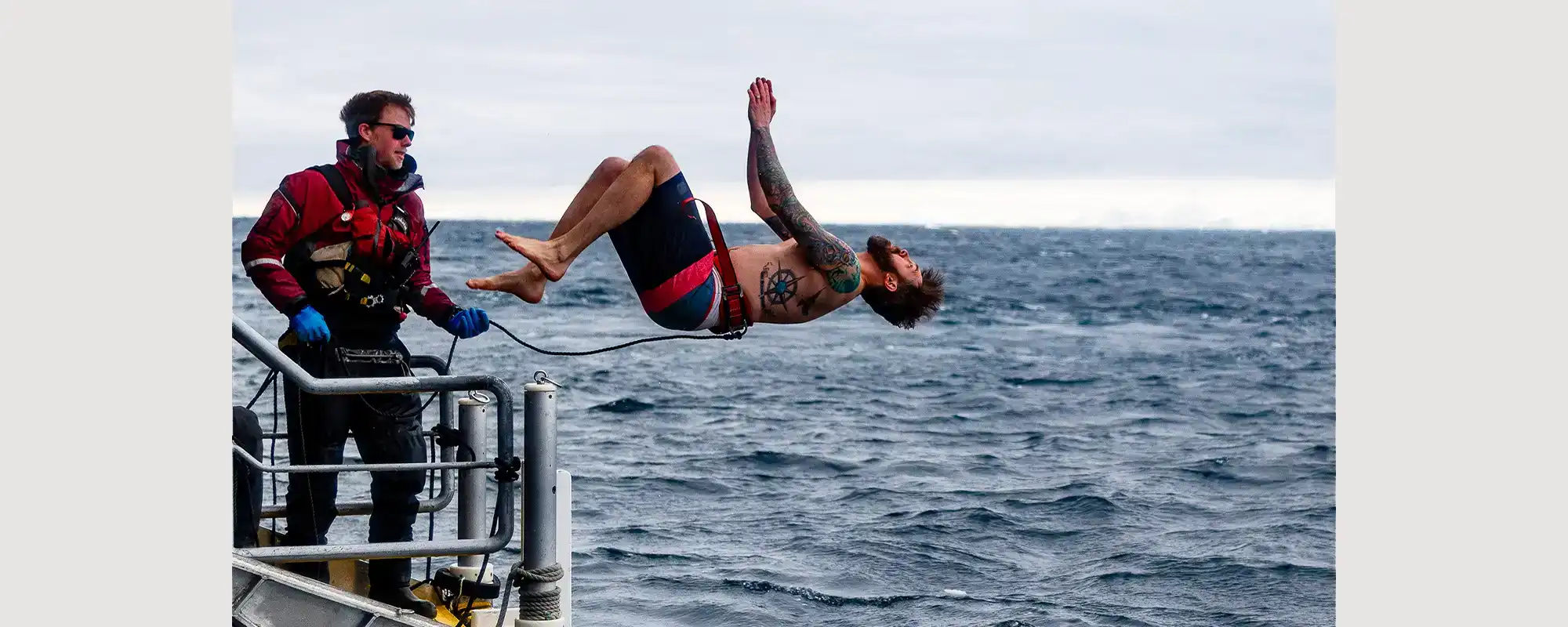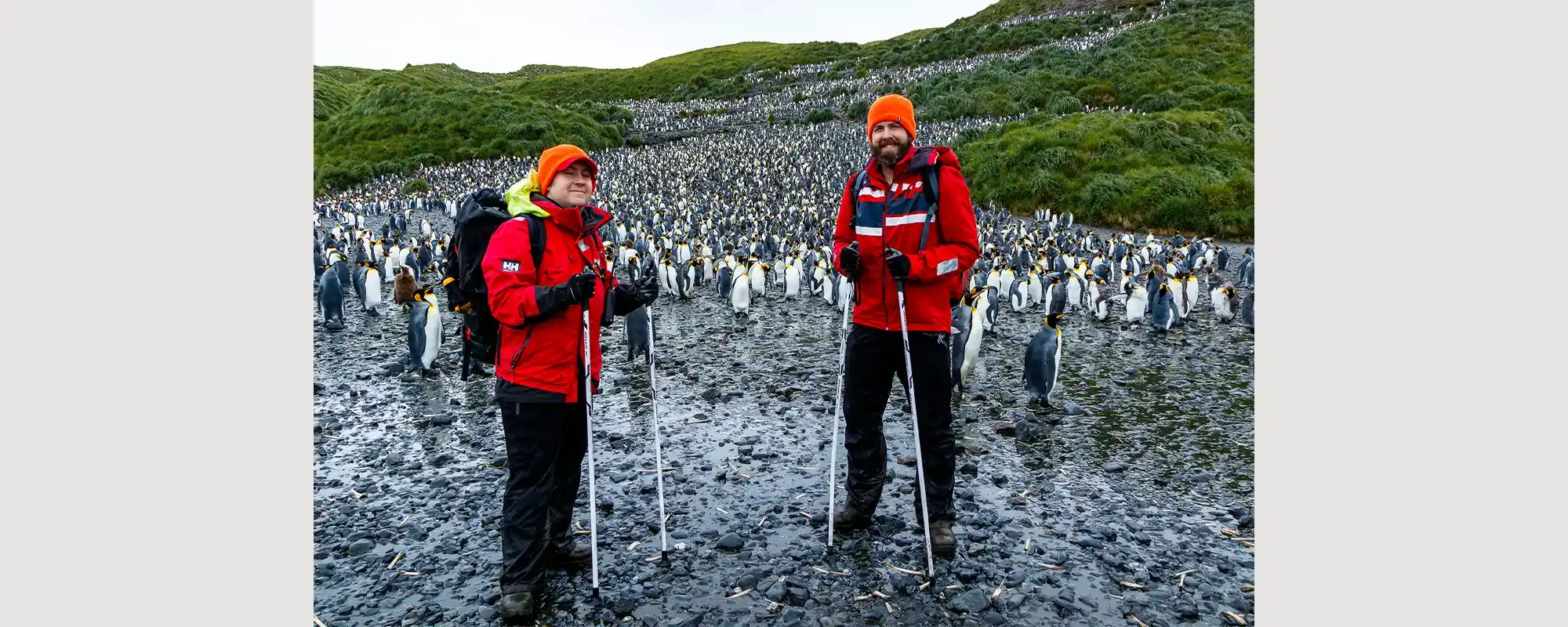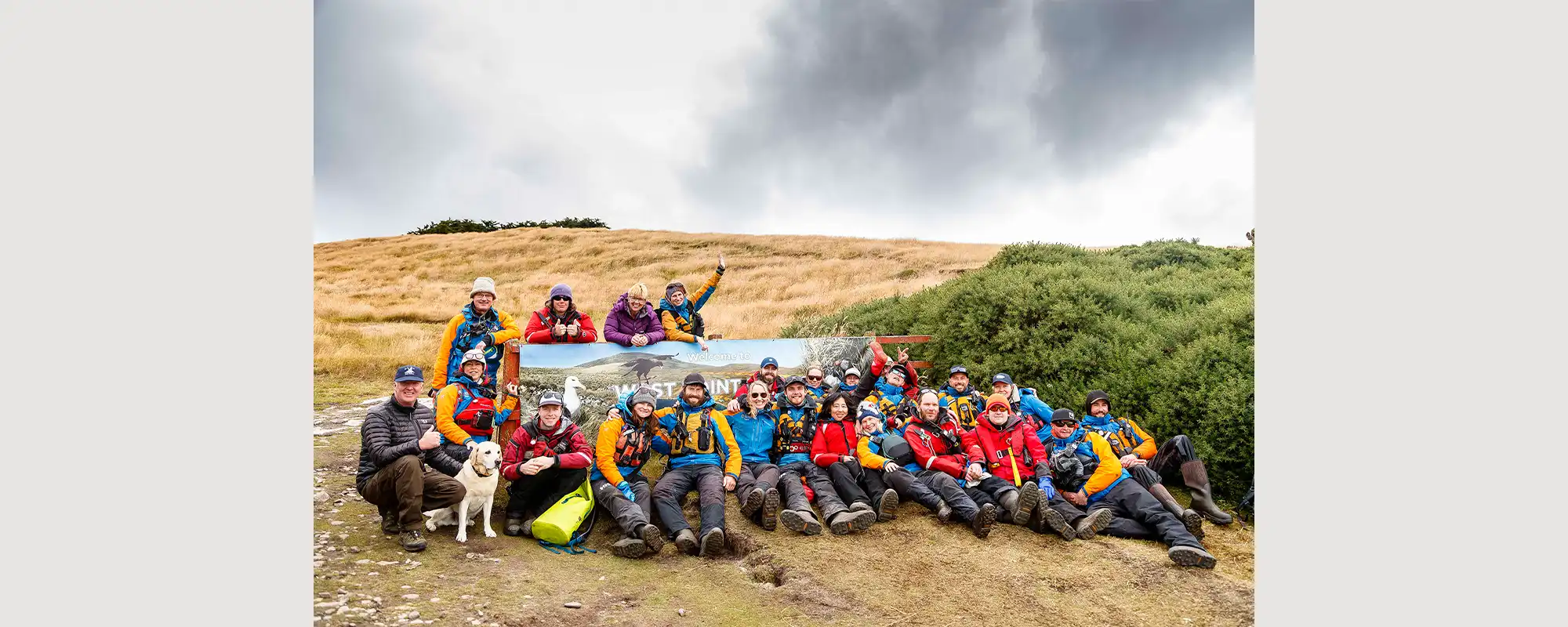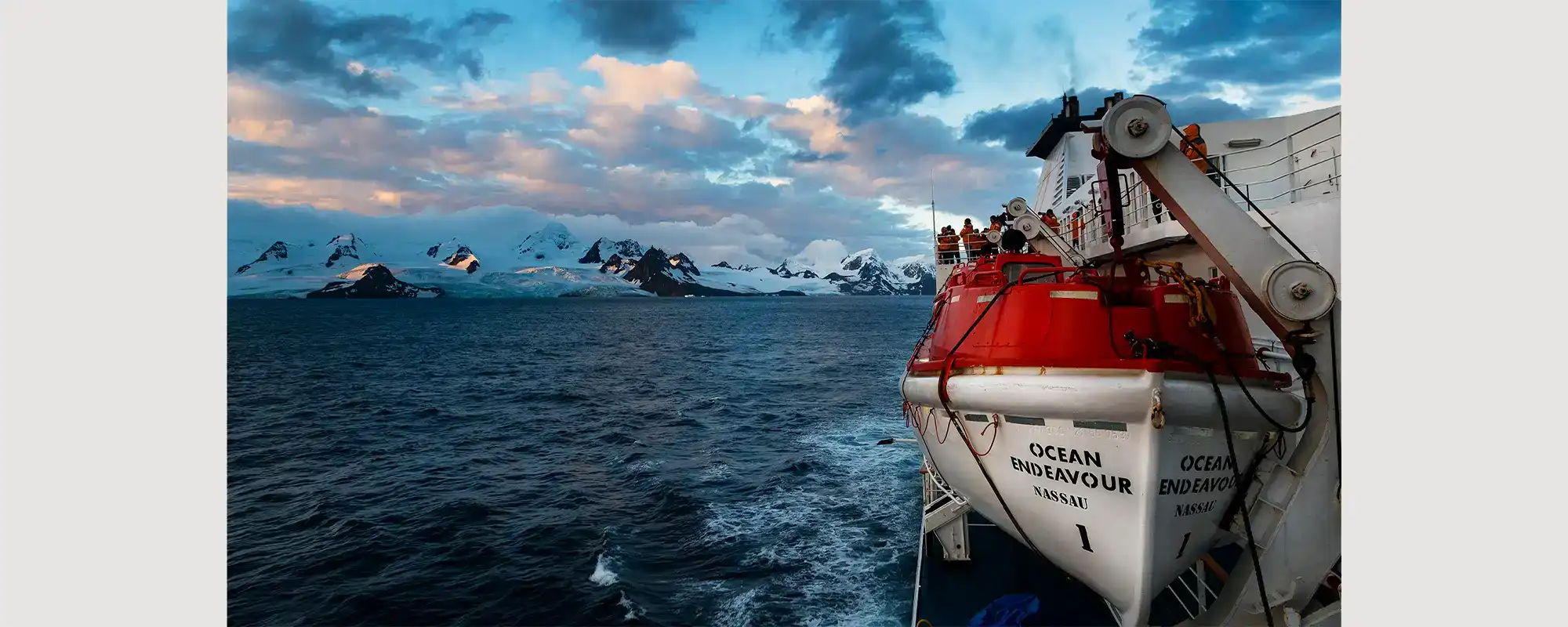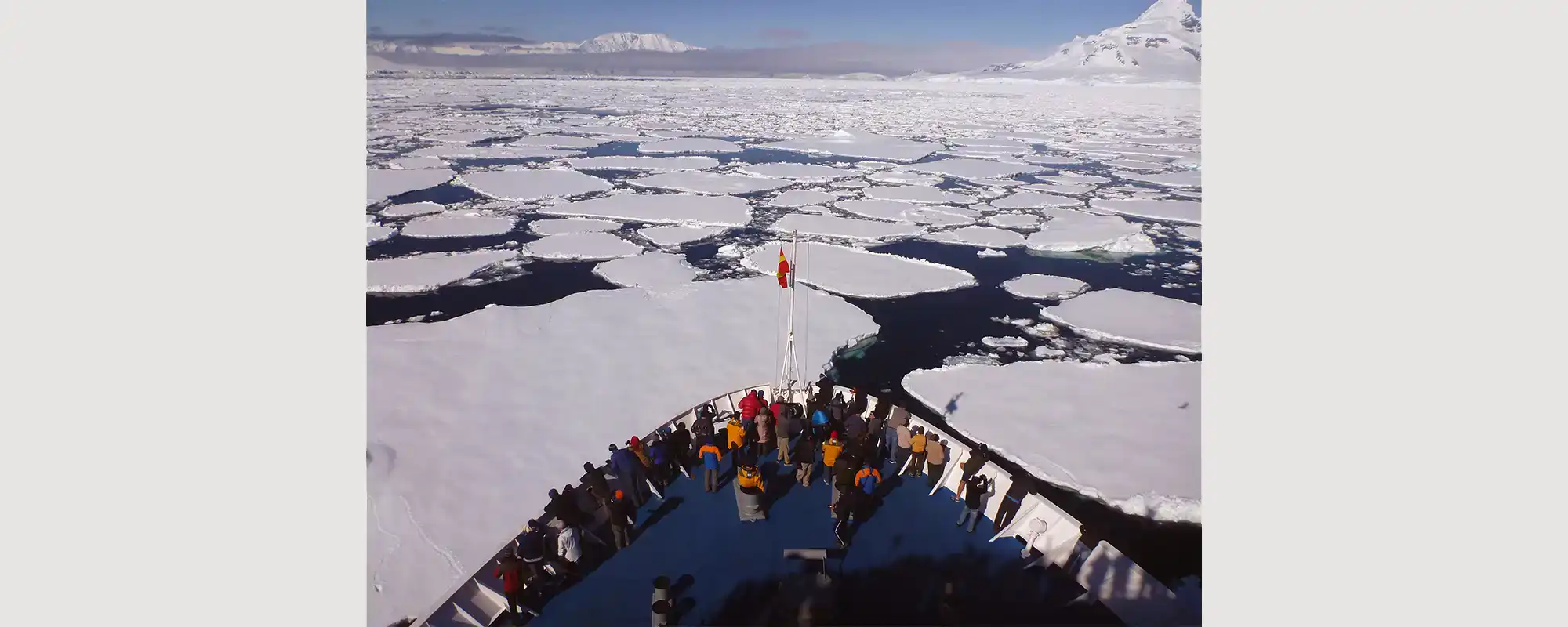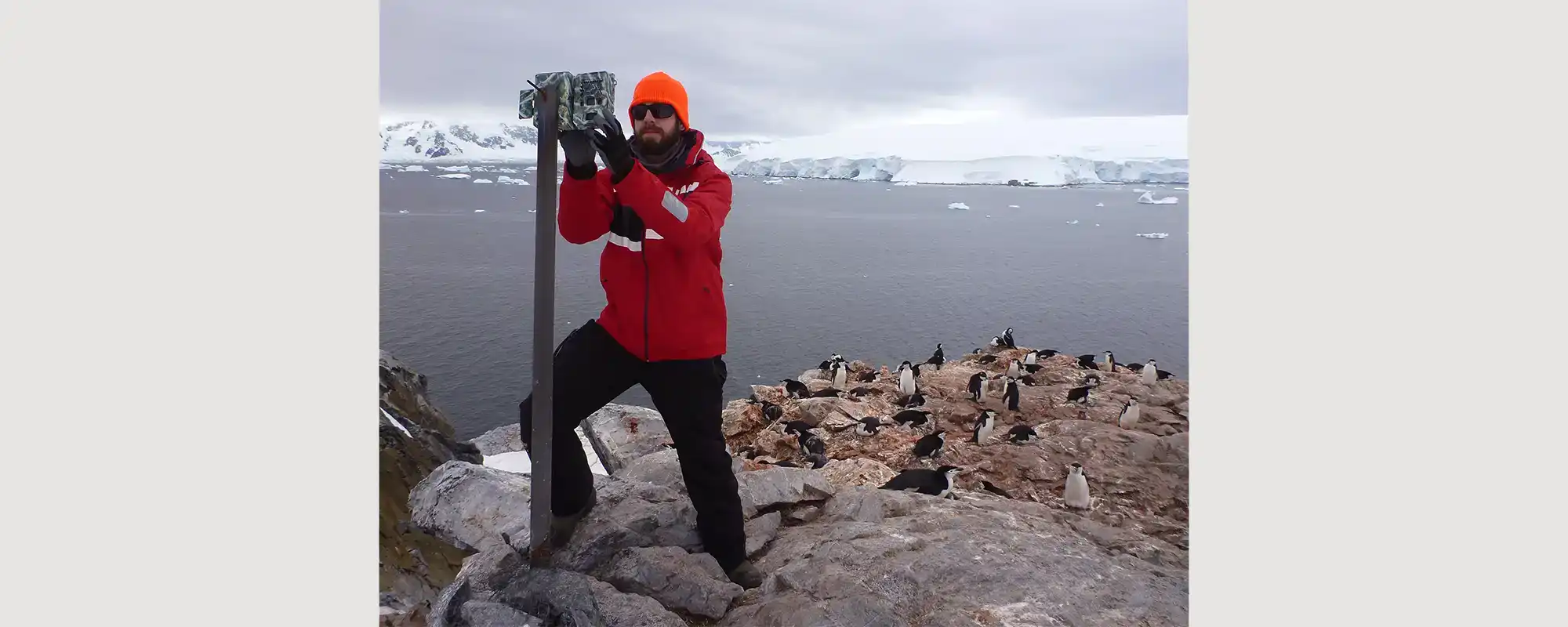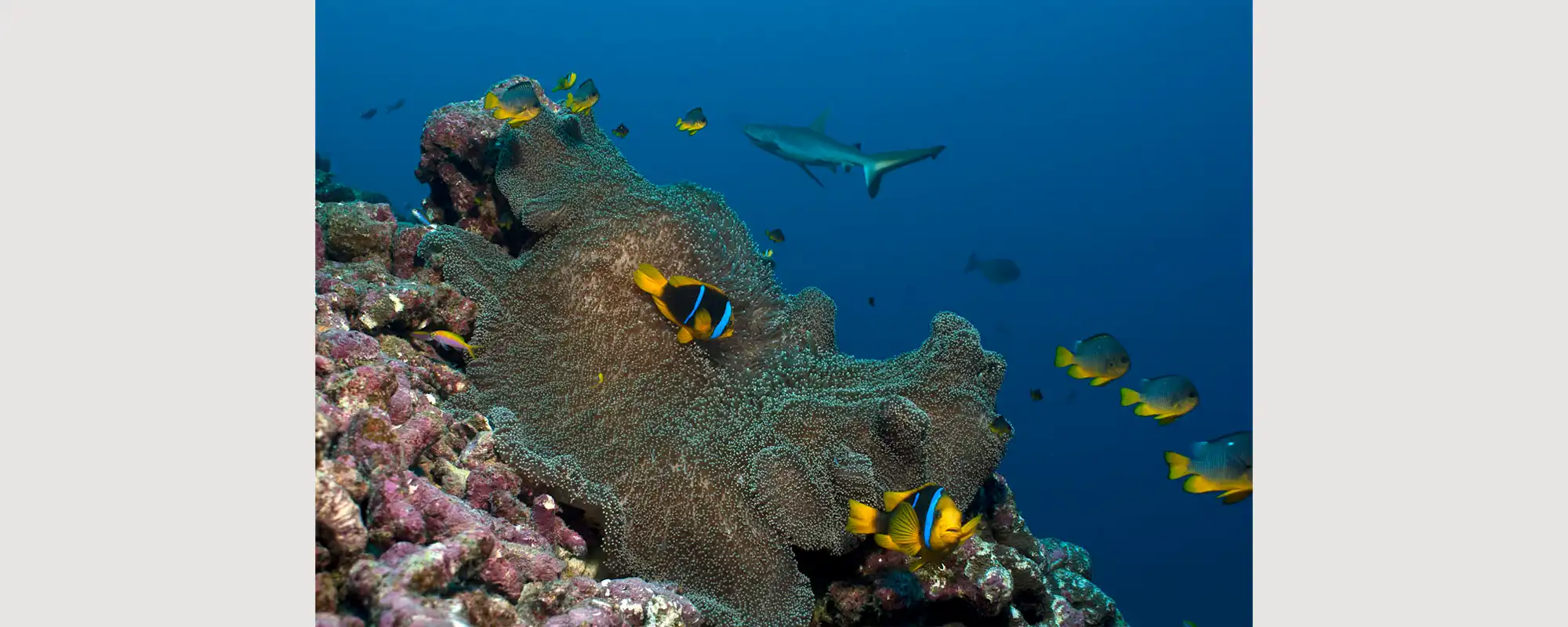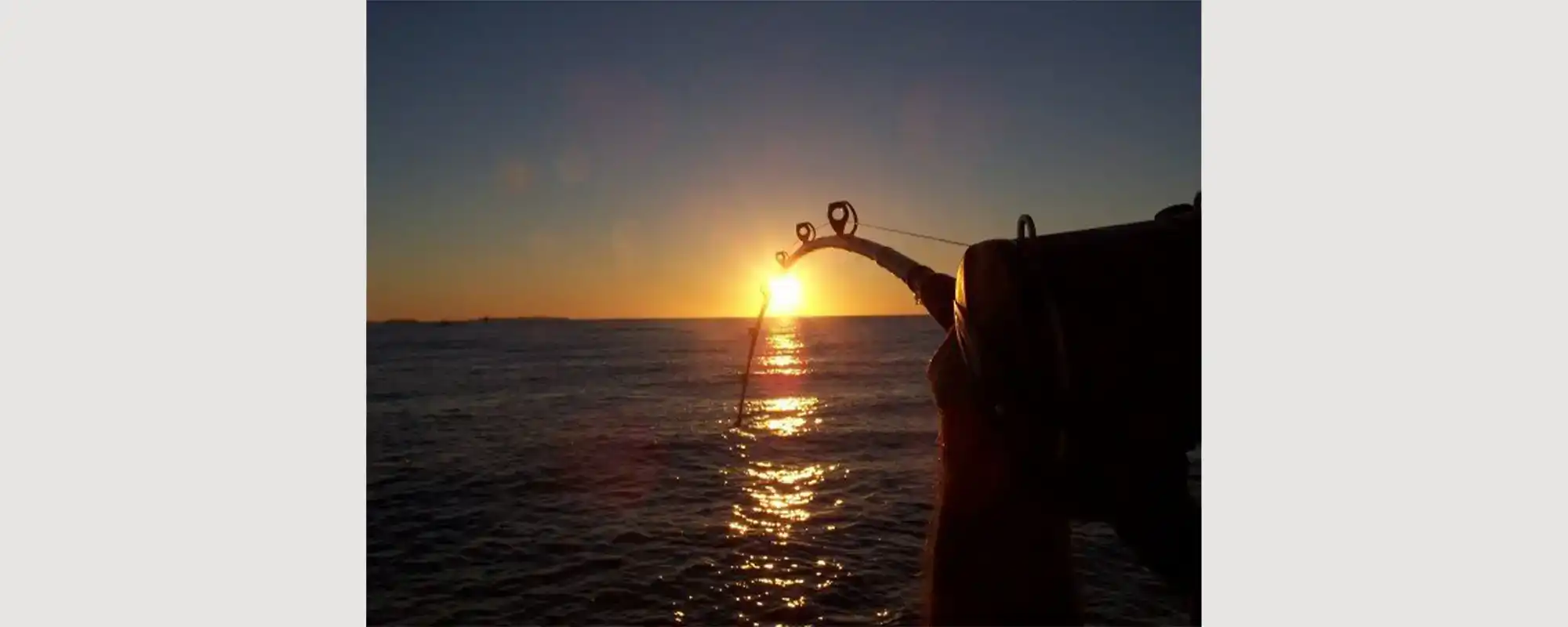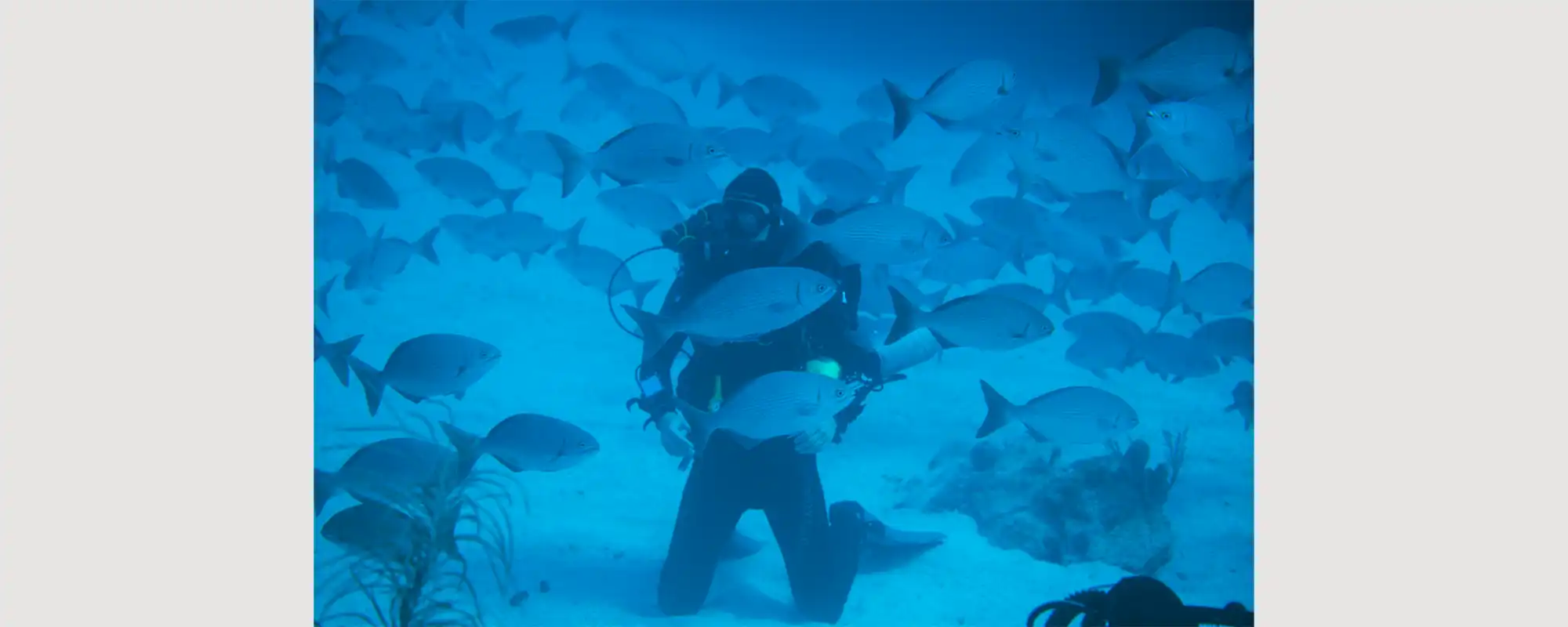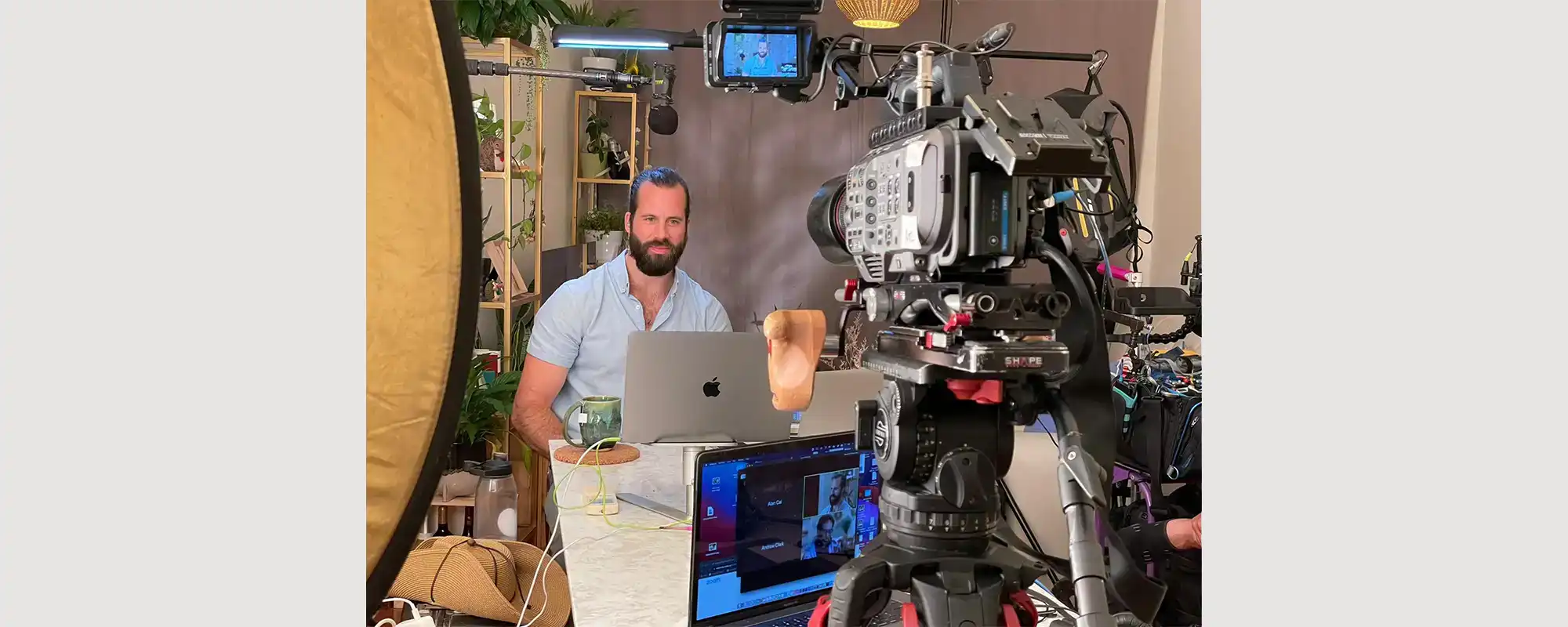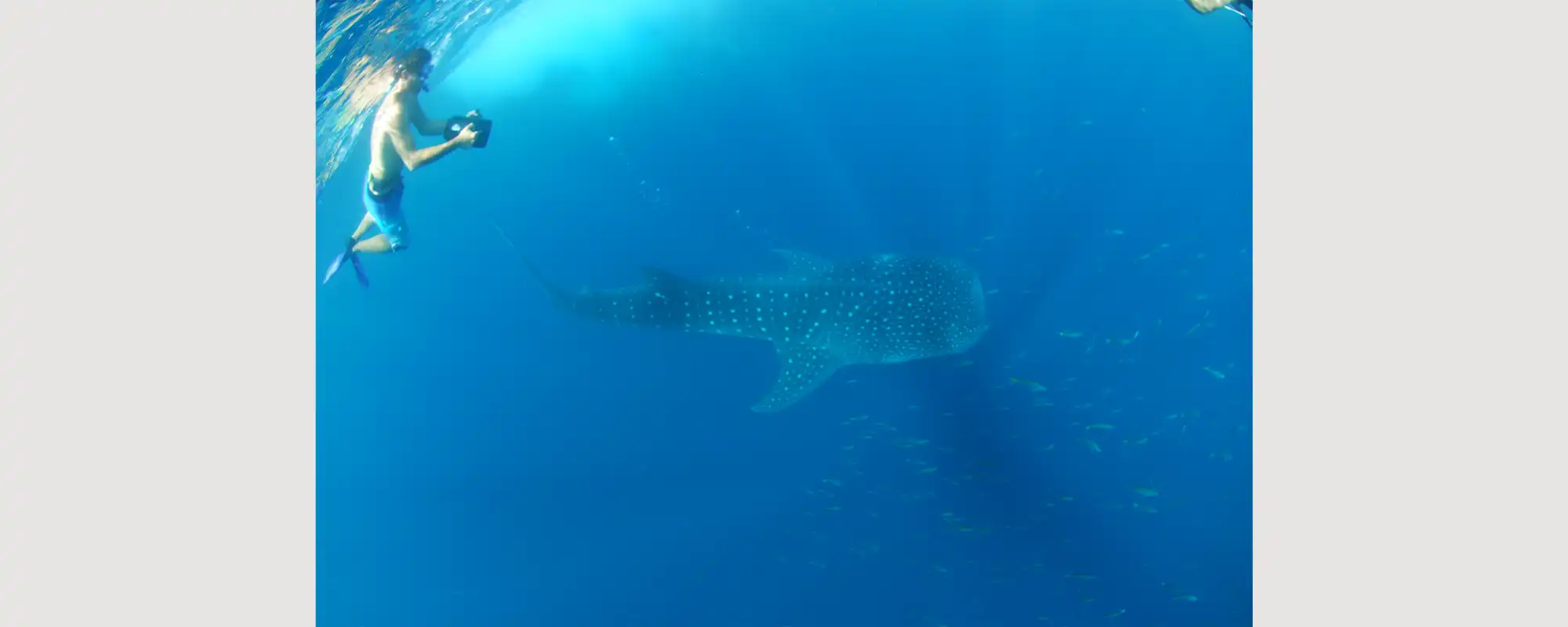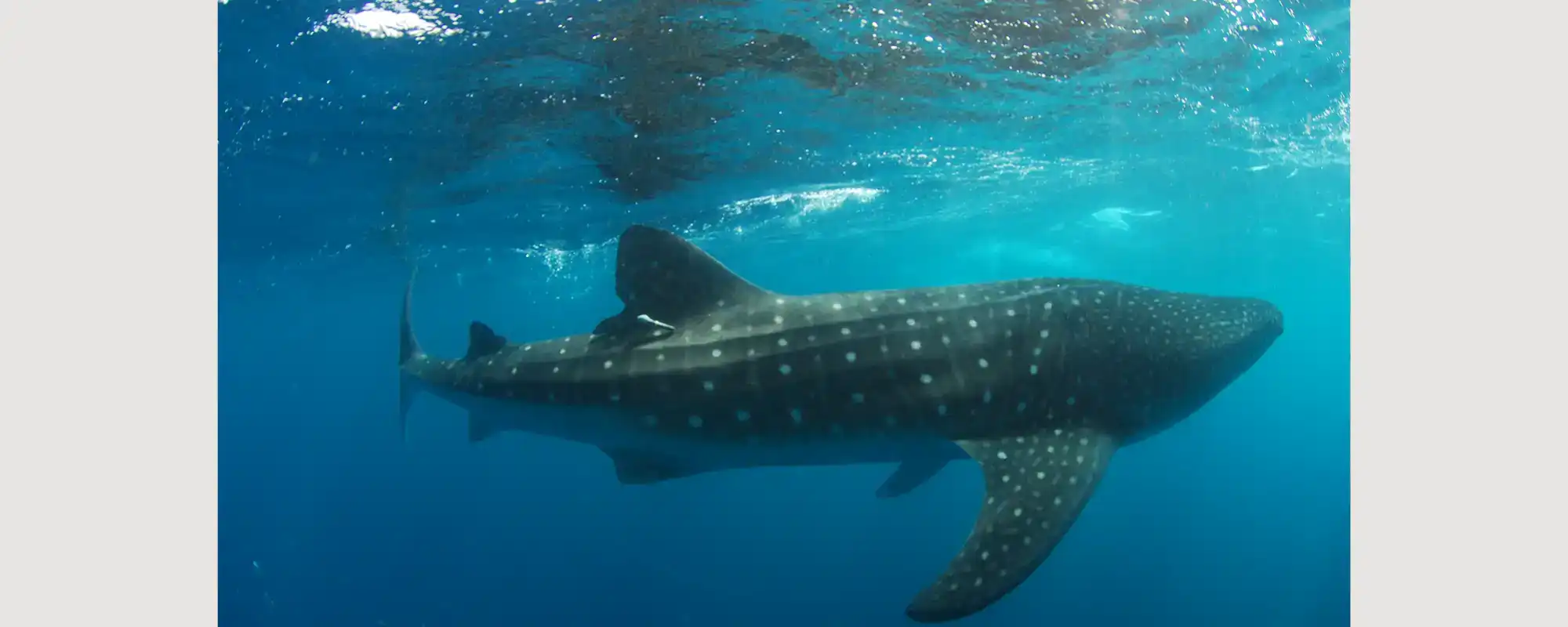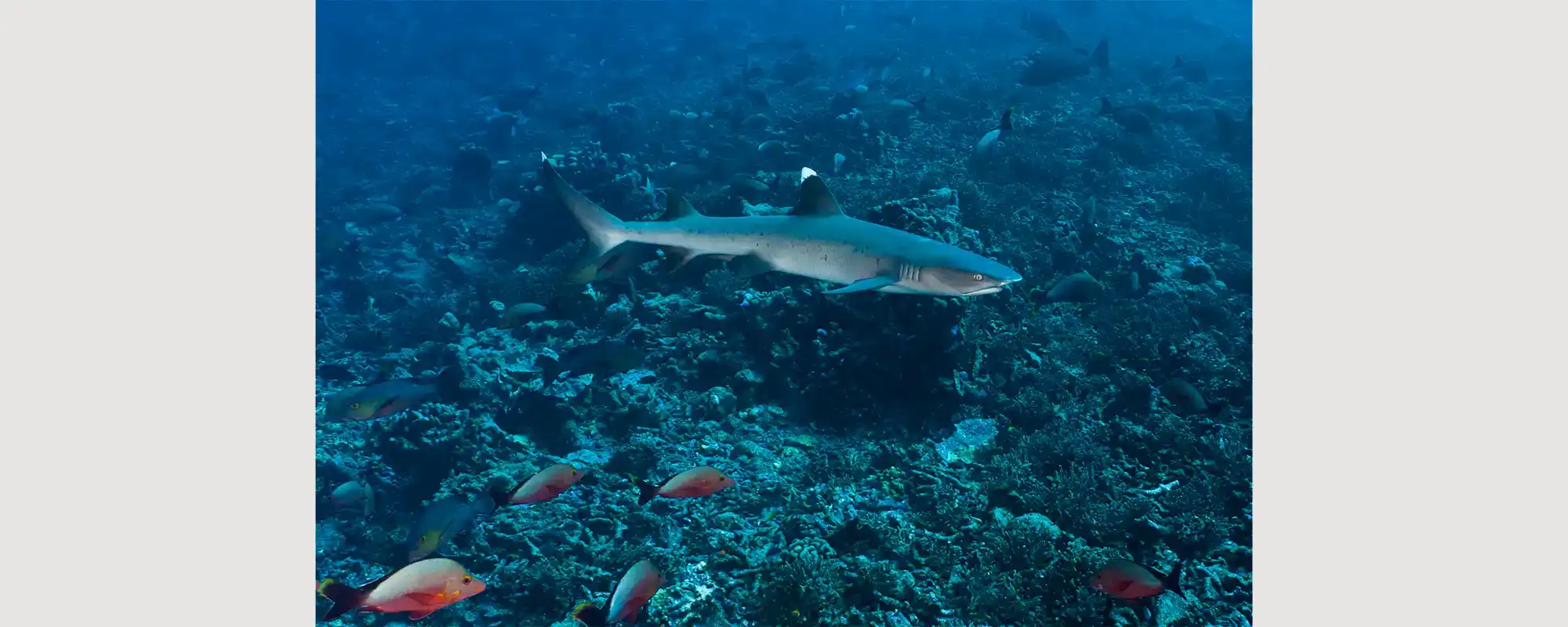Welcome
Welcome to the Ocean Ecogeochemistry website of Dr. Kelton McMahon at the URI Graduate School of Oceanography.
We are actively engaged in basic and applied research to examine the roles that food web architecture play in the function and resilience of marine ecosystems, and how climate change and human-environment interactions alter those relationships. A central focus of this work is the development and application of cutting edge molecular isotope geochemistry tools to explore the sources and cycling of organic matter as it flows through marine ecosystems. This work takes place all over the World, with projects in Pacific and Red Sea coral reef ecosystems, the North Pacific Subtropical Gyre, the Northwest Atlantic Shelf, and the Antarctic Peninsula/Ross Sea.
People
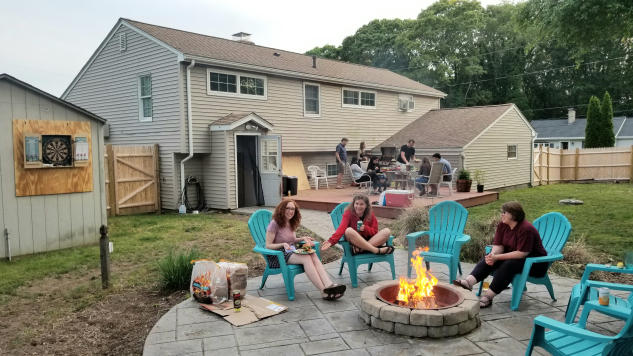
Our lab is built on diversity, creativity, and a sense of well-being and belonging. People in our lab come from a wide range of STEM and social science backgrounds to pursue highly multidisciplinary projects that can include field, laboratory, and modeling work that spans natural and social science disciplines. Our curiosity, ambition, and enthusiasm create a positive, inclusive community to grow professionally and personally, with people of diverse backgrounds, perspectives, skills, and experiences that complement and expand our lab community.

JEDI
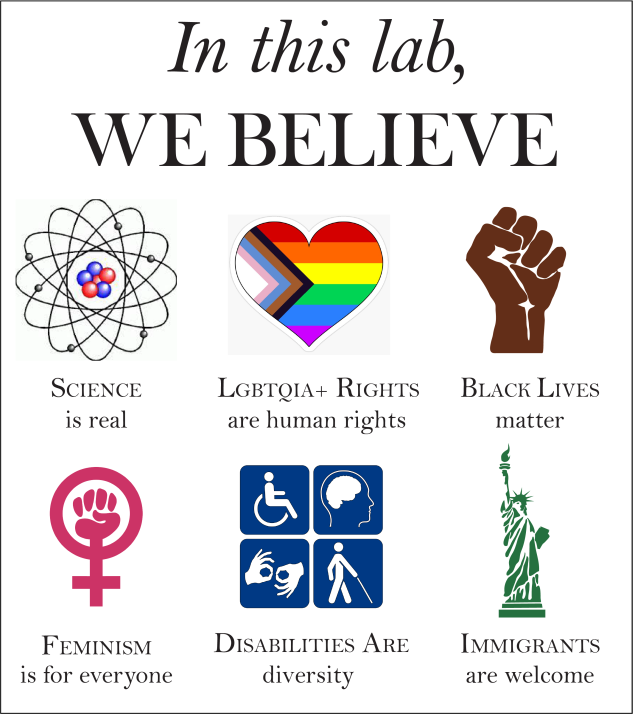
Our lab strives to be an open, inclusive, welcoming environment where scientists of any race, religion, color, age, sex, national origin, sexual orientation, gender identity or expression, neurodiversity, or physical ability can learn, grow, and thrive. We view Justice, Equity, Diversity, and Inclusion activities to be equally as important as our research because racism, prejudice, and implicit bias adversely affect who does science, how we do science, and who benefits from this science. We have enshrined active codes of conduct, training, and engagement to put these views into practice.

Research

The McMahon Ocean Ecogeochemistry Lab uses compound-specific stable isotope analysis to explore the sources and cycling of organic matter as it flows through marine ecosystems. Through controlled feeding experiments, our lab develops a quantitative understanding of the biochemical and physiological mechanisms that control resource acquisition and allocation. We then apply this knowledge in large-scale field studies to examine a wide range of questions from individual nutritional ecology and population connectivity to ecosystem-scale food web dynamics and the functioning of the biological pump.

Instrumentation
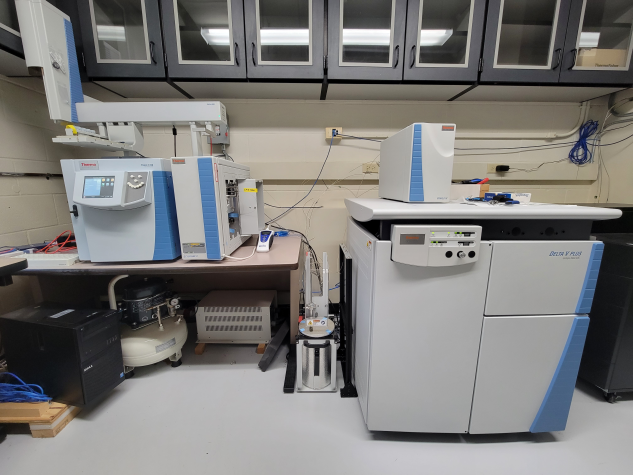
Our lab is fully equipped with instrumentation and expertise to conduct in-house compound-specific stable isotope analyses, including instrumentation for biological tissue sectioning, imaging, wet chemistry, and a GC-C-IRMS outfitted for carbon and nitrogen isotope analysis. We also have access to a full sea-water aquarium facility, high performance computing capacity, a full videography/broadcast/telepresence facility, and a world class oceanographic research vessel.

Teaching
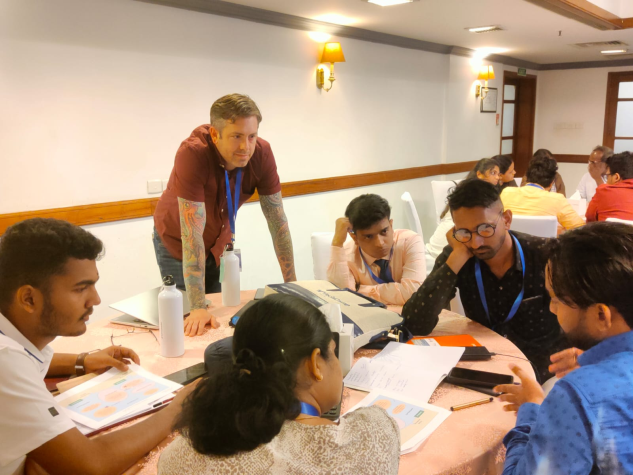
True scientific innovation with real societal impact begins with diverse perspectives, experiences, and approaches. My education mission at URI is to foster a sense of curiosity and drive in people to ask the questions that promote scientific and social progression, provide the knowledge and skills to find those answers, and leave people with an appreciation for their roles as stewards of our planet. At URI, I teach courses related to ocean sciences and stable isotope geochemistry. Our lab also engages in a wide range of local, national, and international education and outreach to build our understanding of and appreciation for our relationship with the ocean.

Joining the Lab
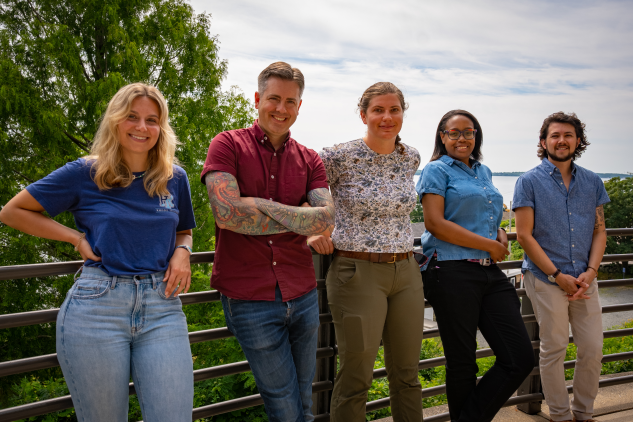
Thanks for your interest in joining the newly established McMahon Ocean Ecogeochemistry Lab! We are open to applications from talented students interested in pursing a graduate education in the URI Graduate School of Oceanography.

